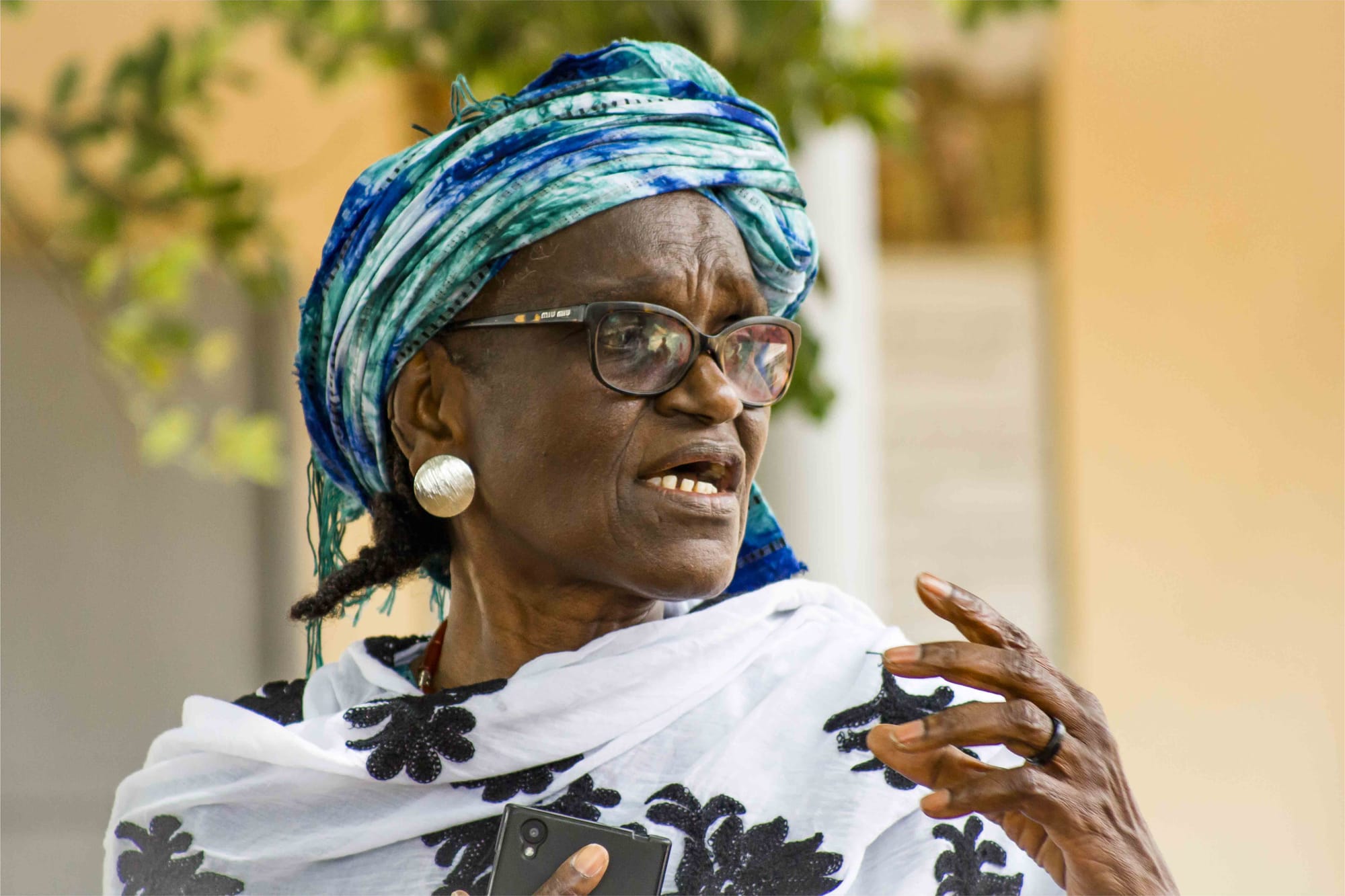Political agroecology
In 2019, Senegal came under the global spotlight with the emergence of a social movement known as DyTAES : Dynamics for Agroecological Transition in Senegal. For three years, I accompanied and photographed the first steps of this movement.
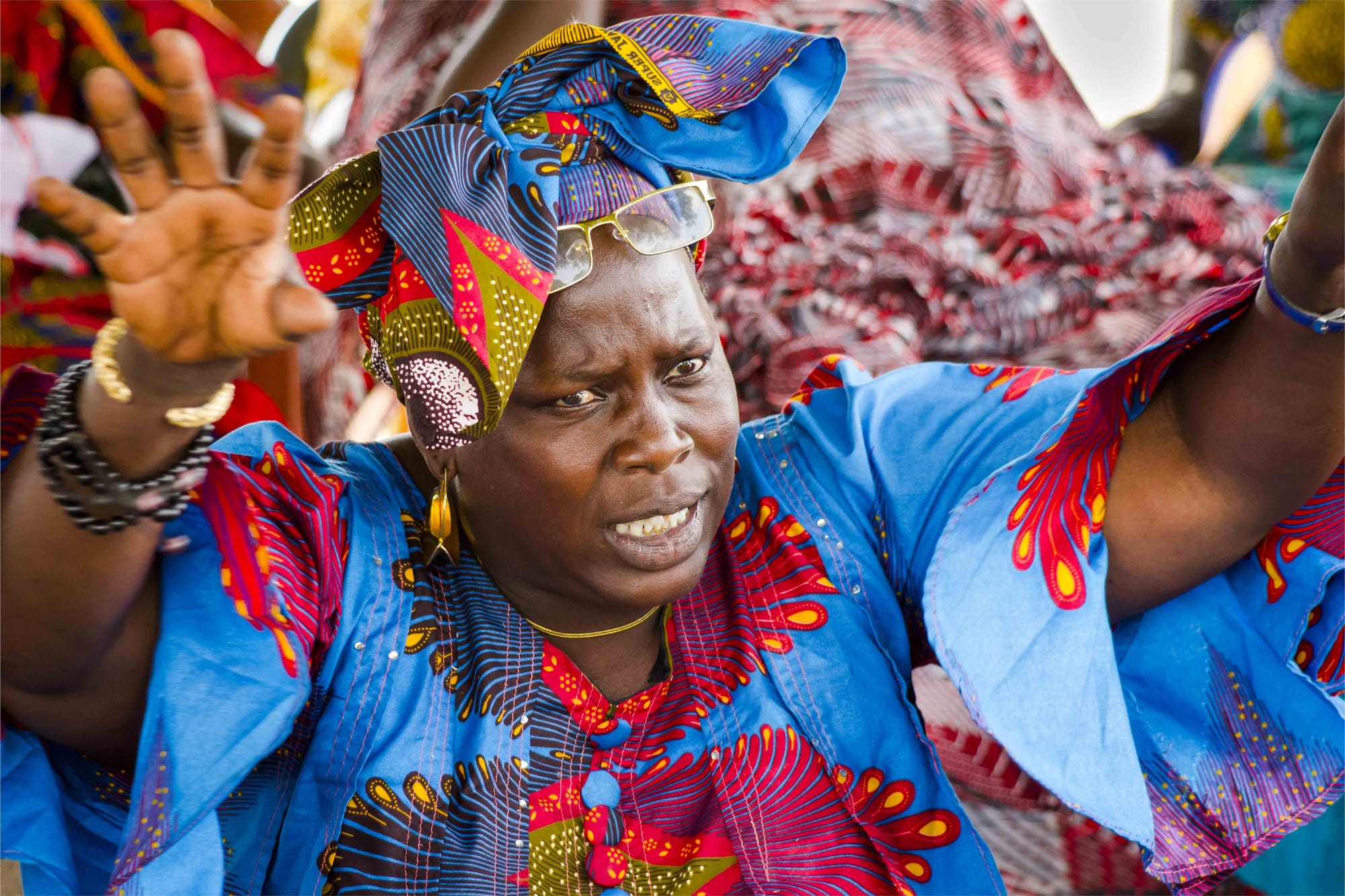
A new coalition for agroecology
From its early developments in the 1970 to nowadays, Senegalese agroecology has been pushed forward by a wide range of actors, including NGOs, research institutions and farmer organisations. In 2019, these actors have merged into an advocacy coalition called DyTAES, in order to support the State in building an agroecological transition policy.
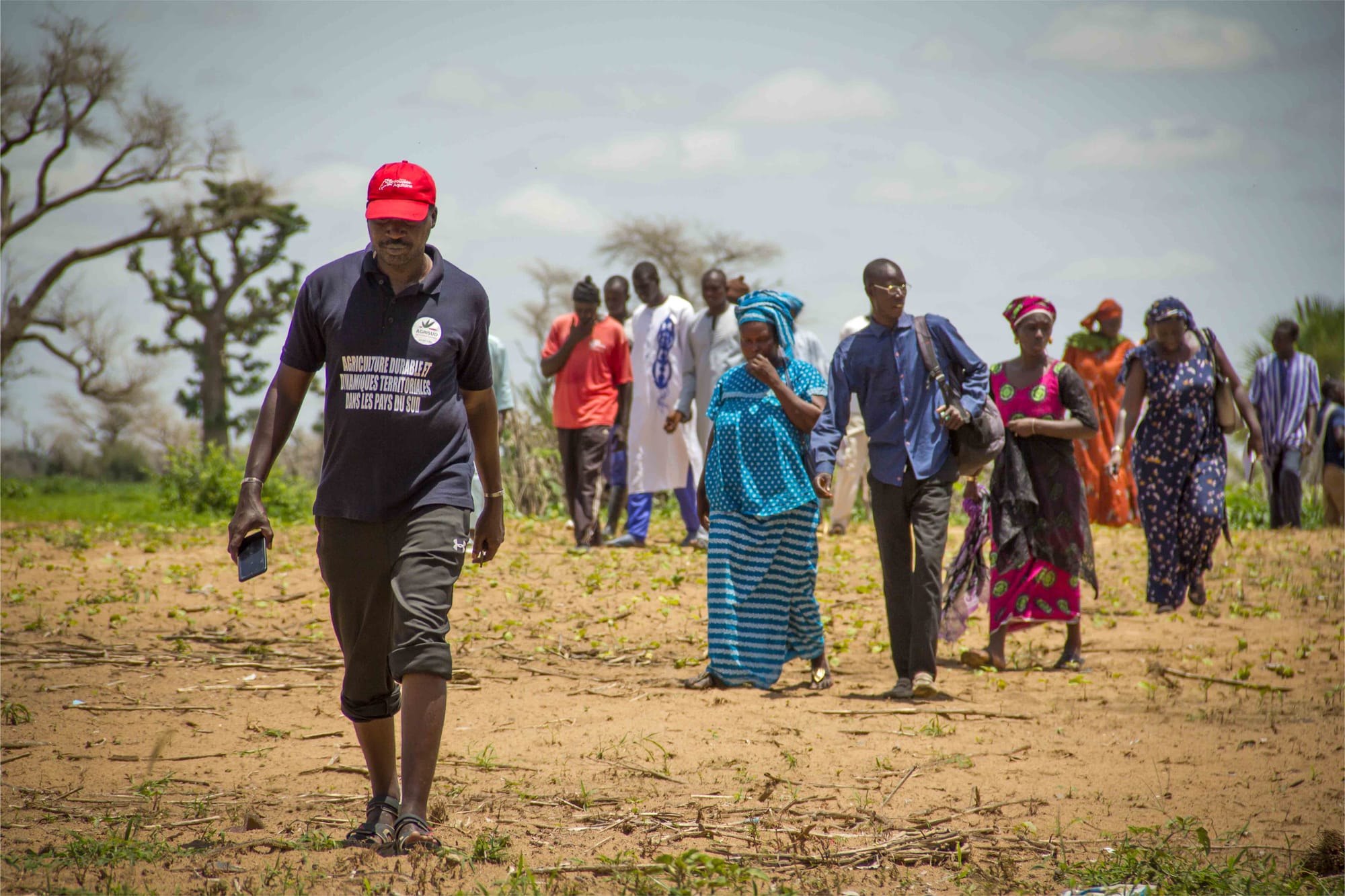
On the roads of Senegal
The first action of DyTAES was to carry a broad consultation (locally called “Caravan”) of rural actors throughout the whole country. From August to October 2019, a team composed of DyTAES members has conducted field visits, focus group discussions and participatory workshops. Thousands of people were consulted across the 6 agro-climatic regions of Senegal.
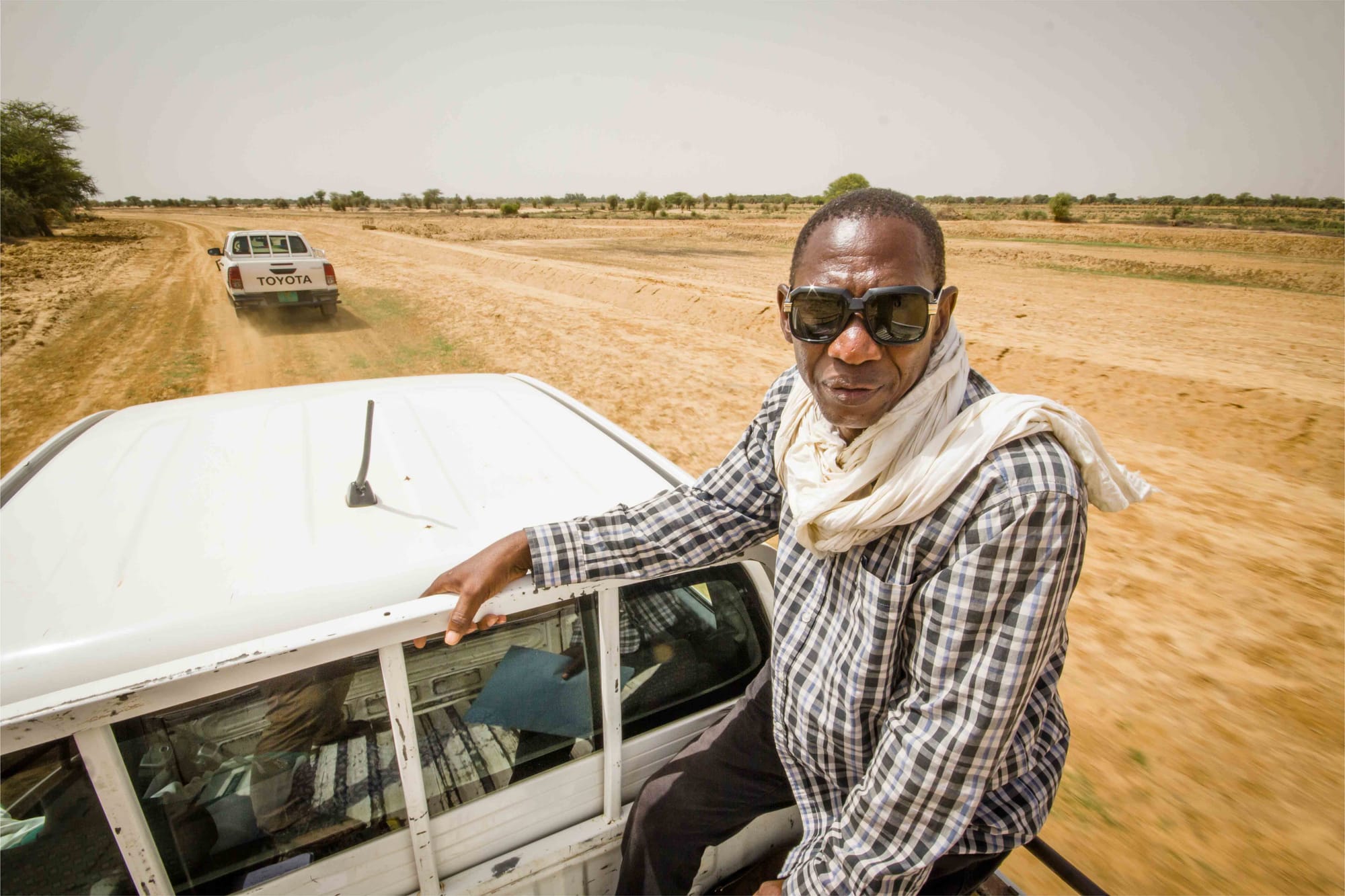
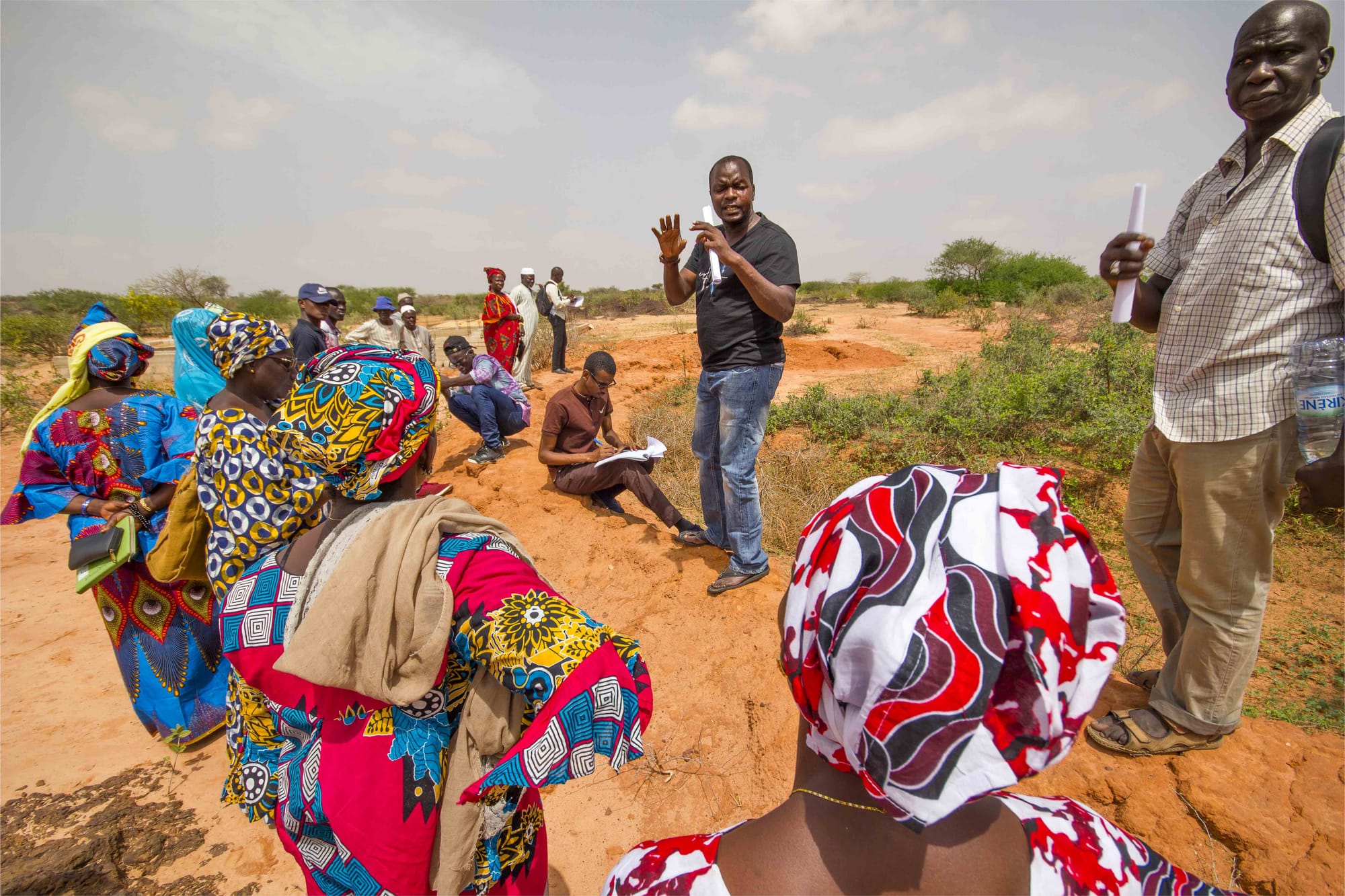
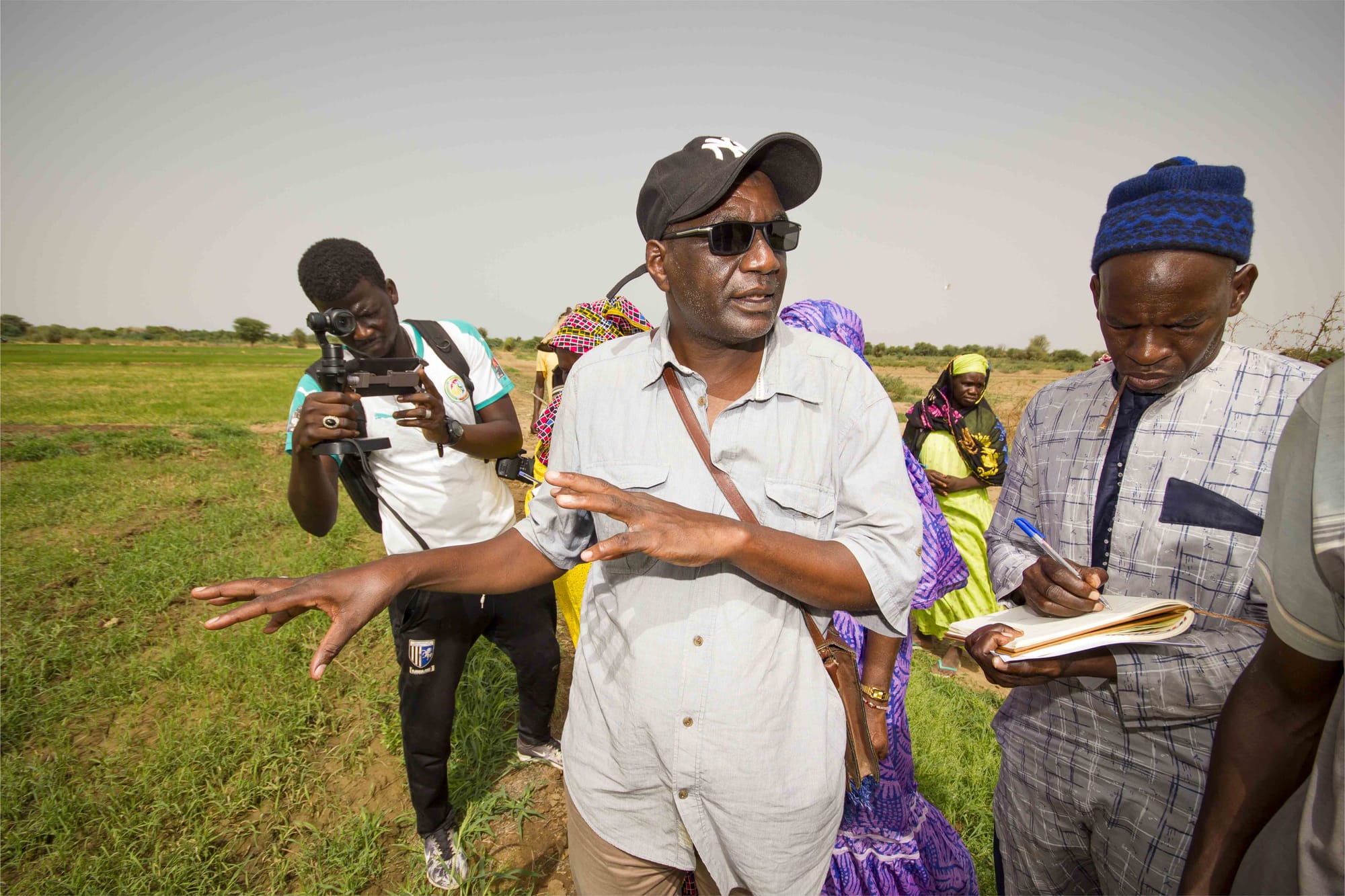
An inventory of agroecological initiatives
During the Caravan, the site visits were organised around agroecological initiatives led by NGOs, farmer organisations, scientists or individuals. Pictures below show DyTAES fellows visiting 4 agroecological initiatives: the community-managed forest of Djilor, an organic soap maker in Ndiob, a site for scientific studies on agroforestry in Niakhar, and a "tollu-keur" (a circular integrated farm) in Thiafoura.
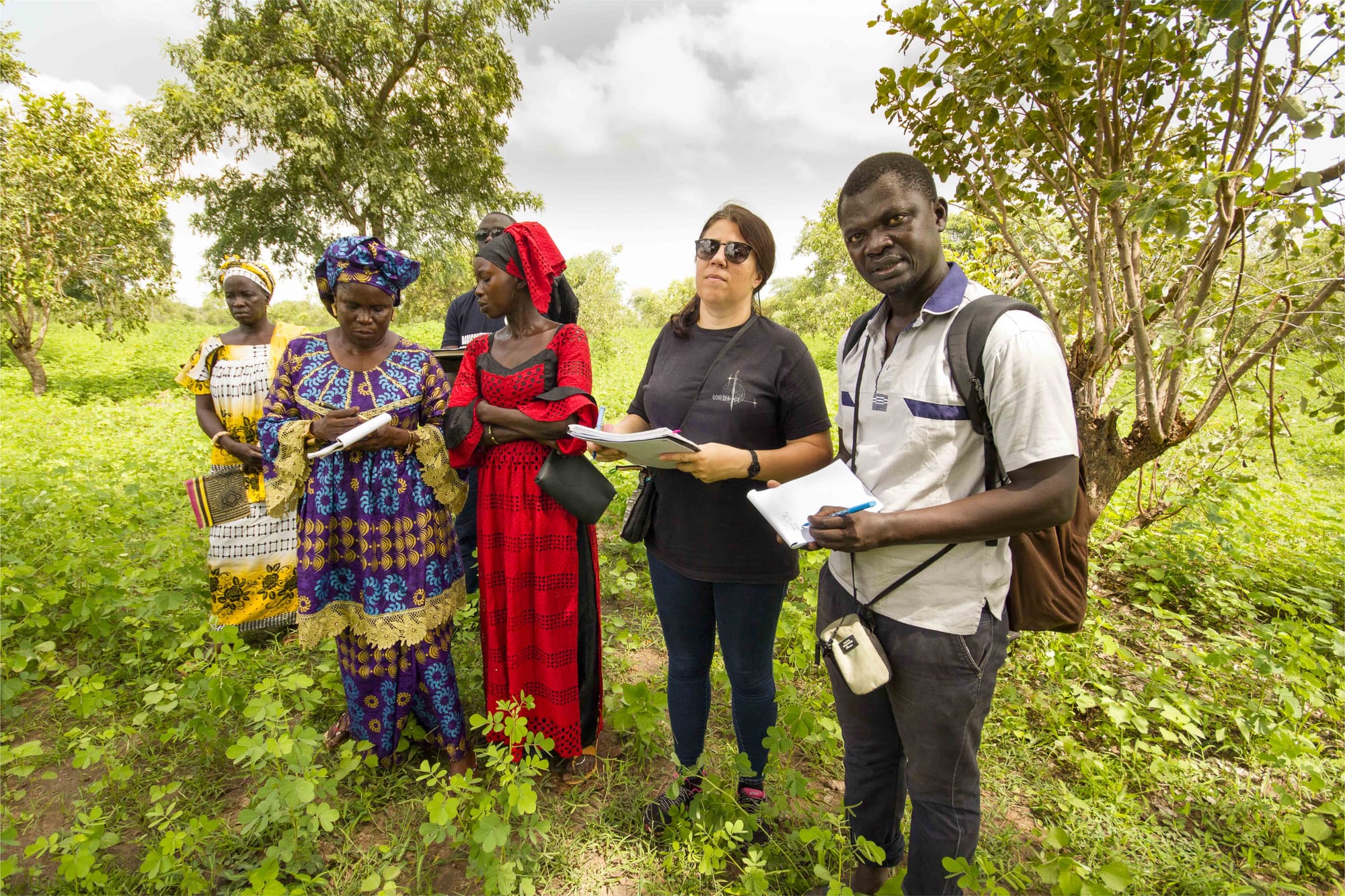
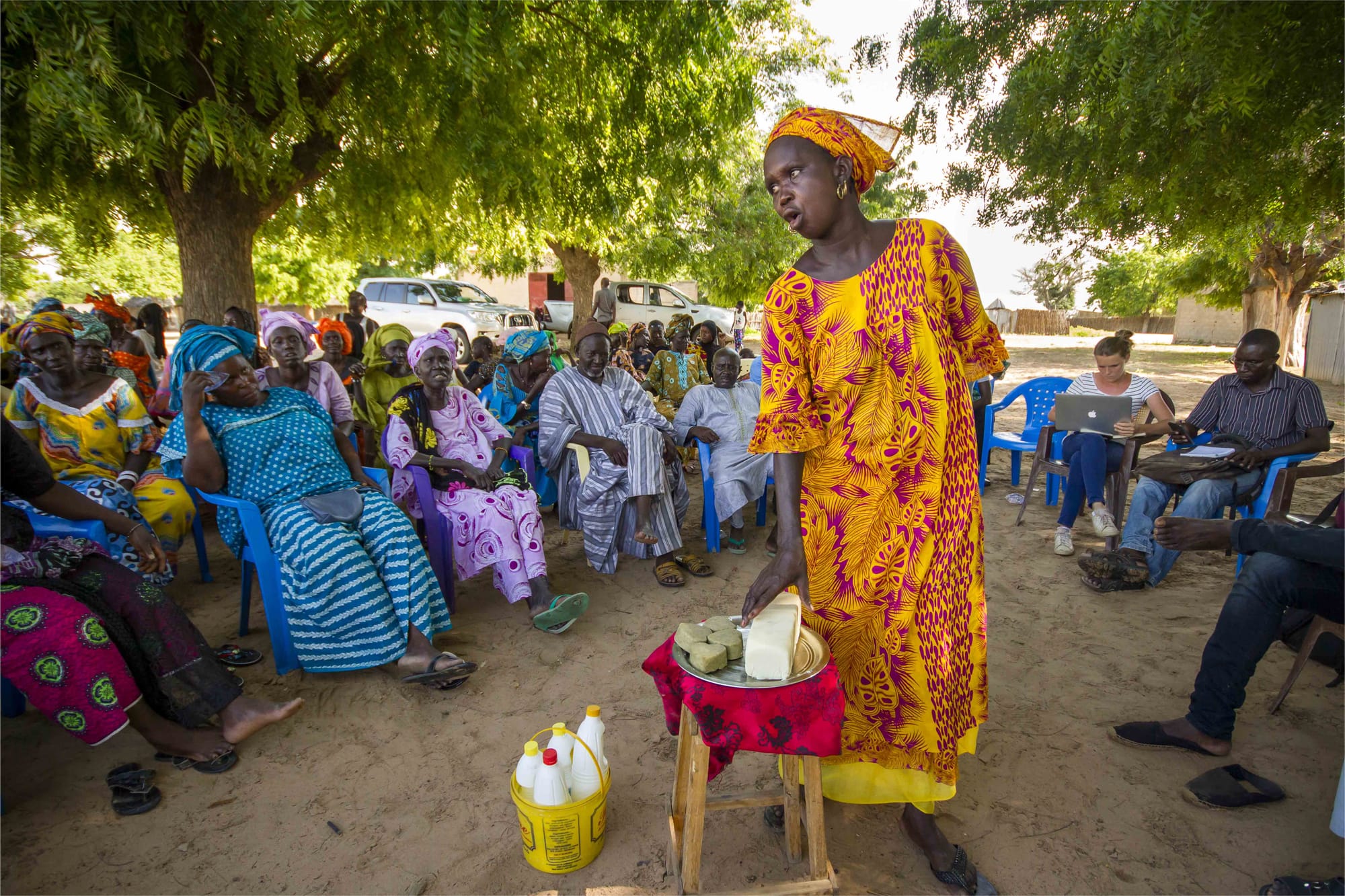
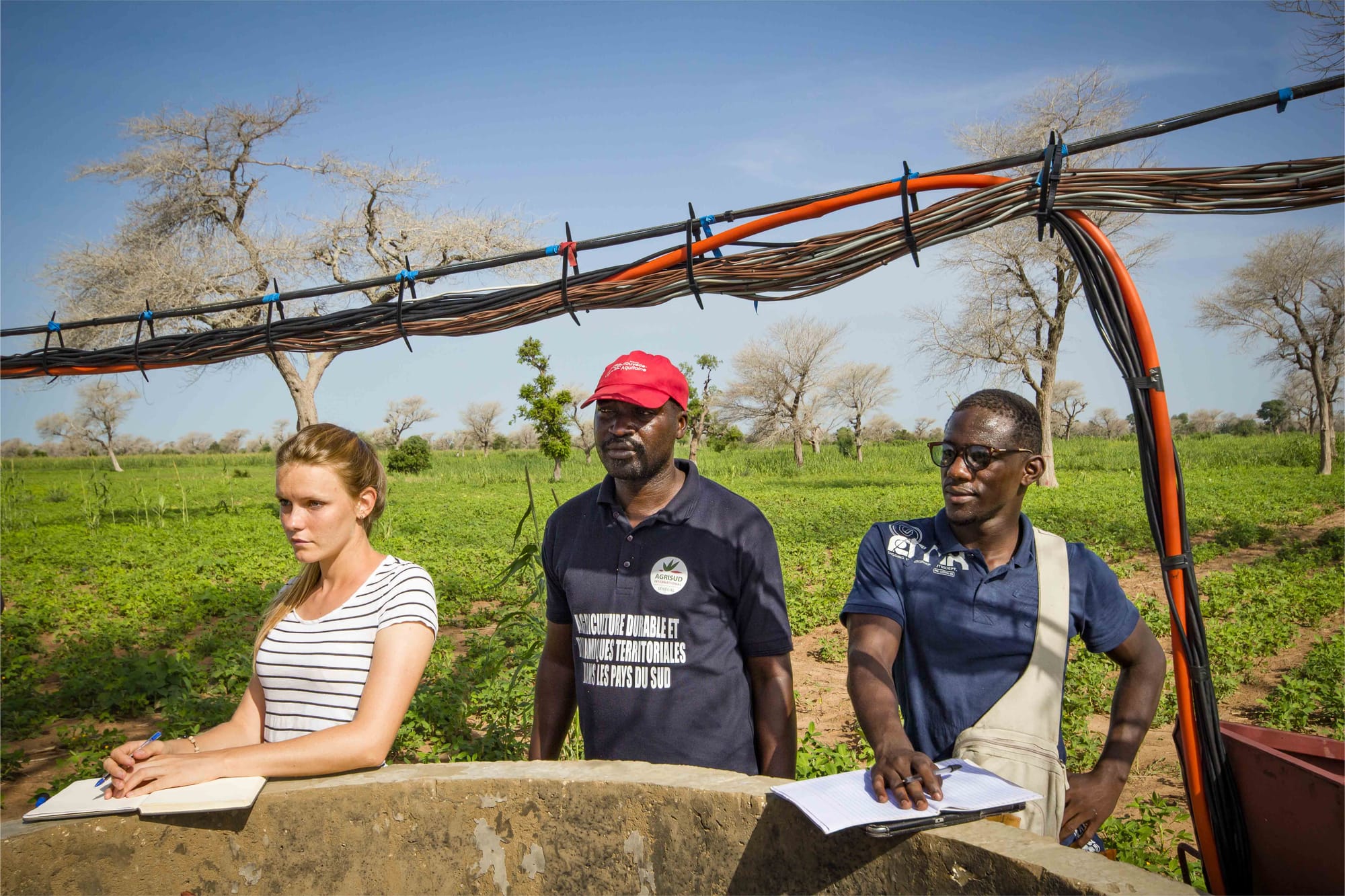
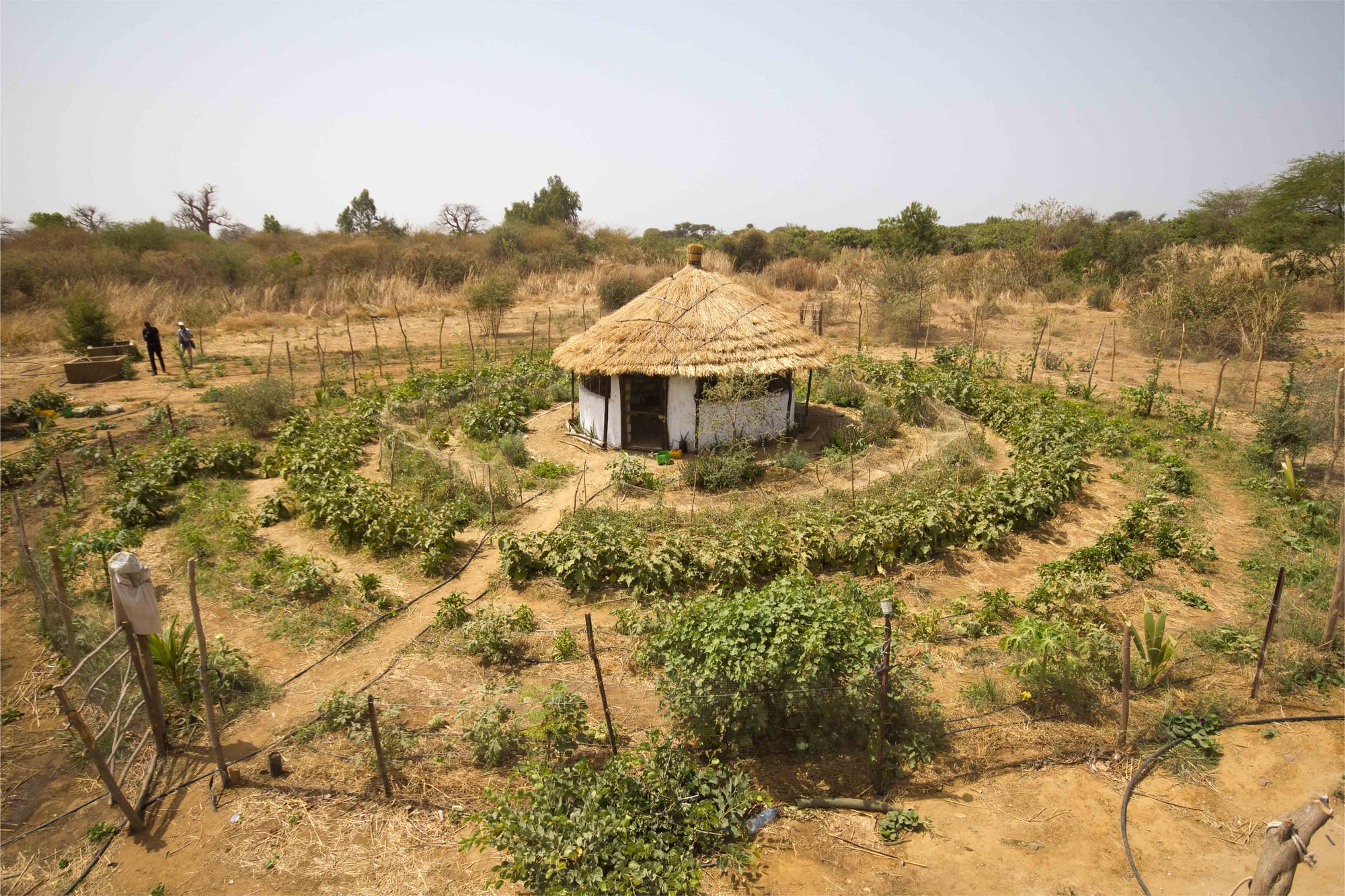
The palaver tree
After every site visit by DyTAES, the community gathered in the village square to discuss the issues in more depth. Accounts given have stressed the urgent need for an agroecological transition.
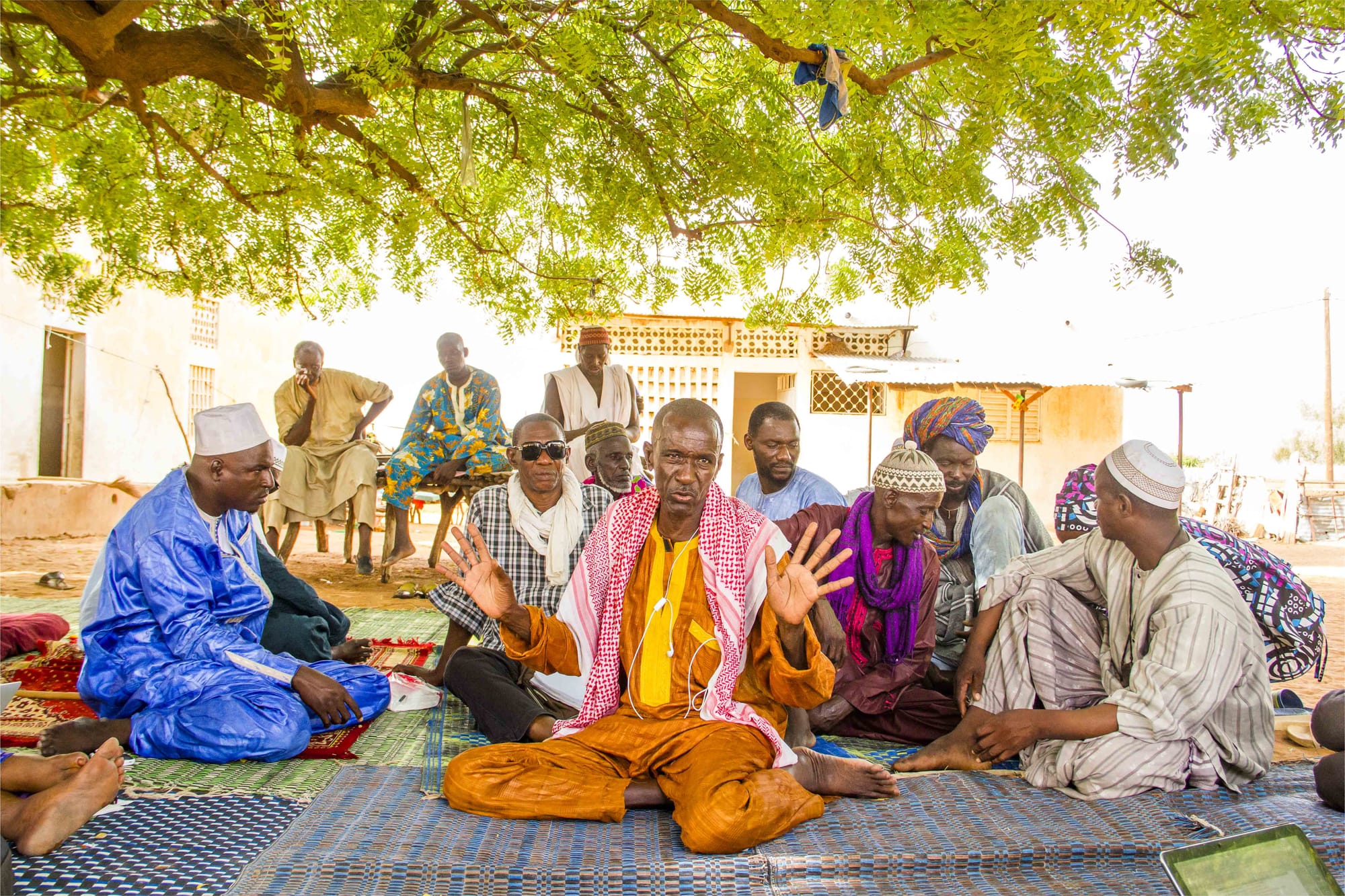
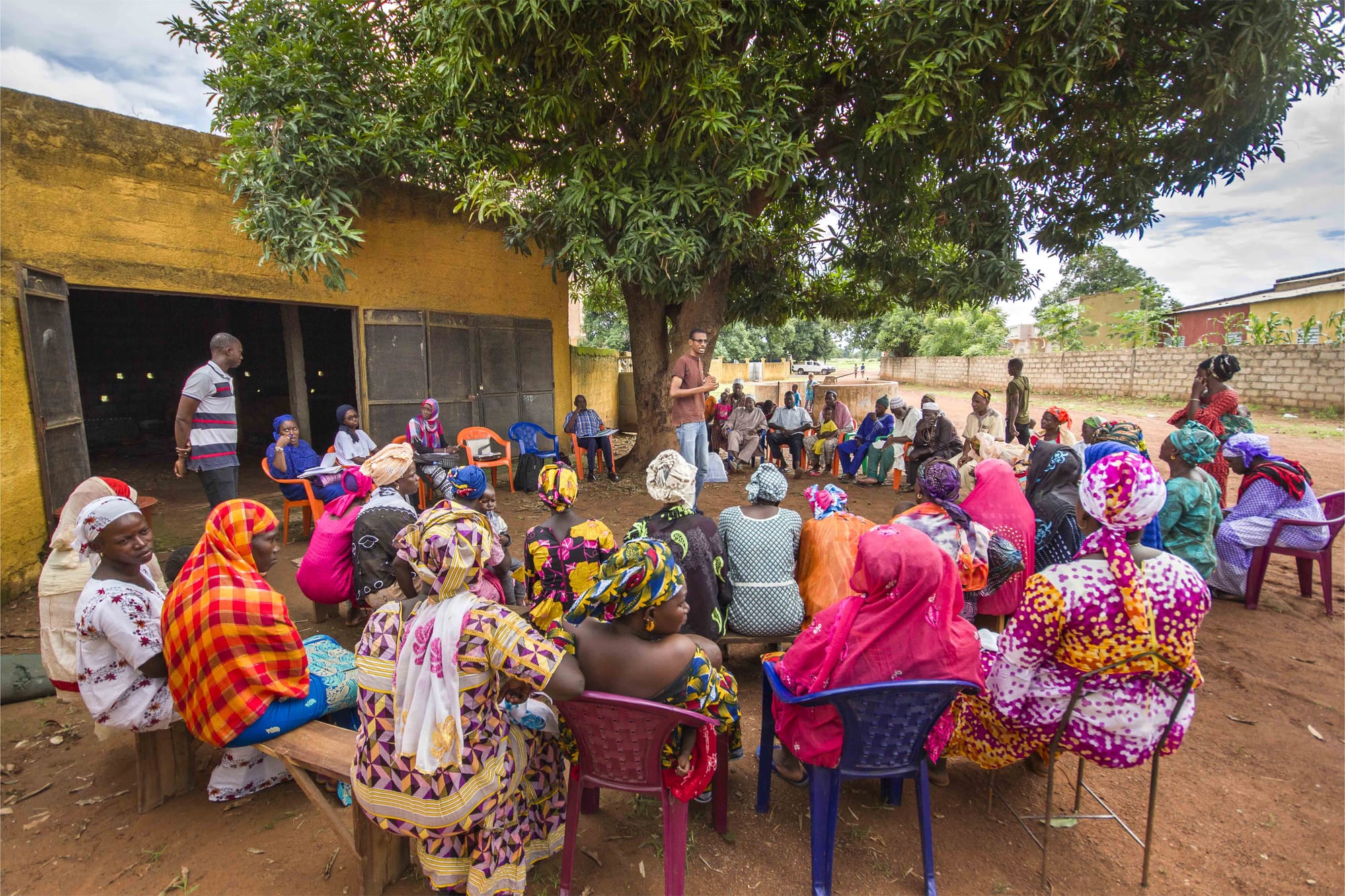
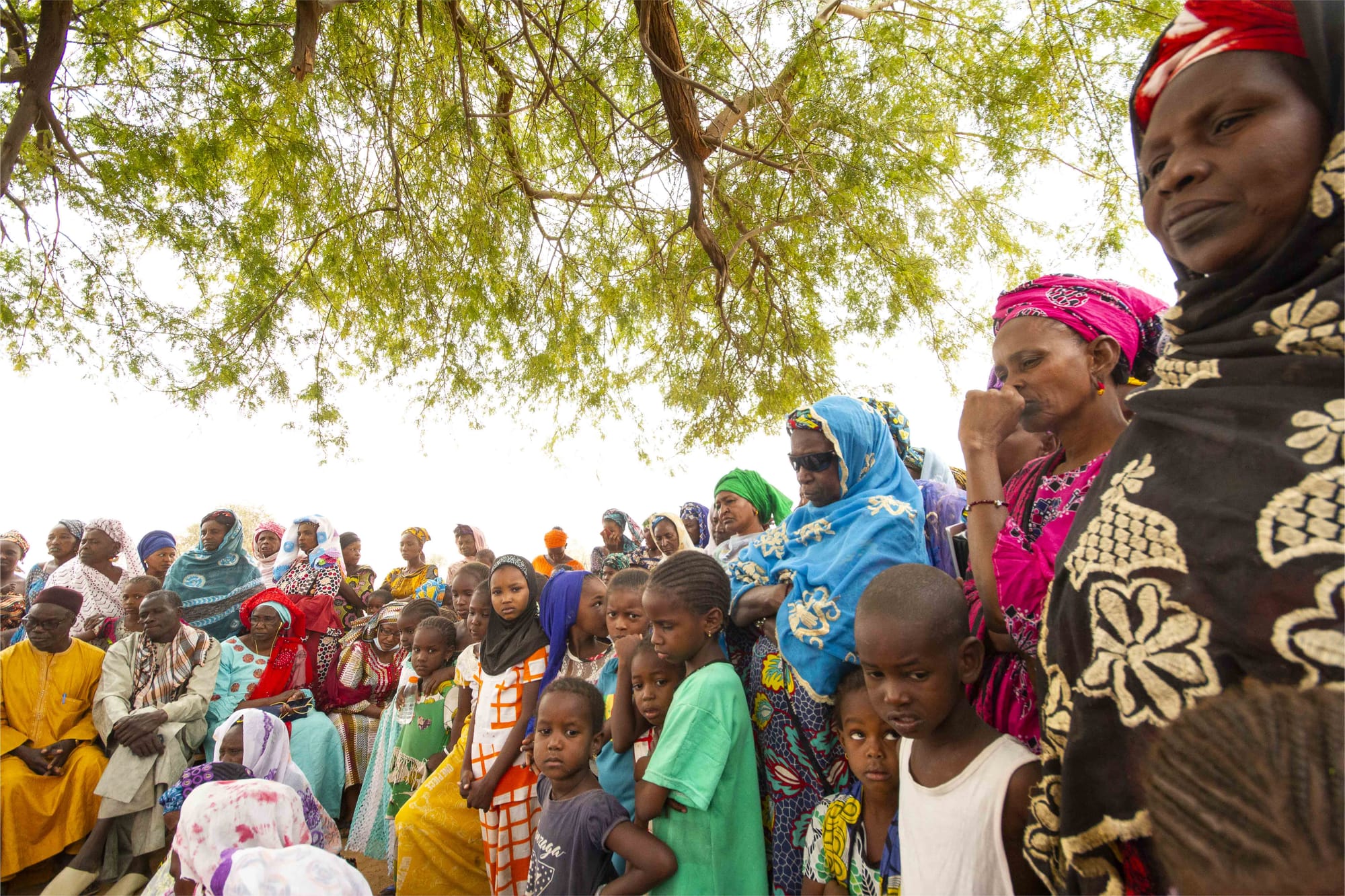
The voice of rural people
In each site visited by the Caravan, the DyTAES consulted with rural populations in order to understand their problems and to collect their policy recommendations. The people interviewed throughout Senegal showed a strong commitment to the process.
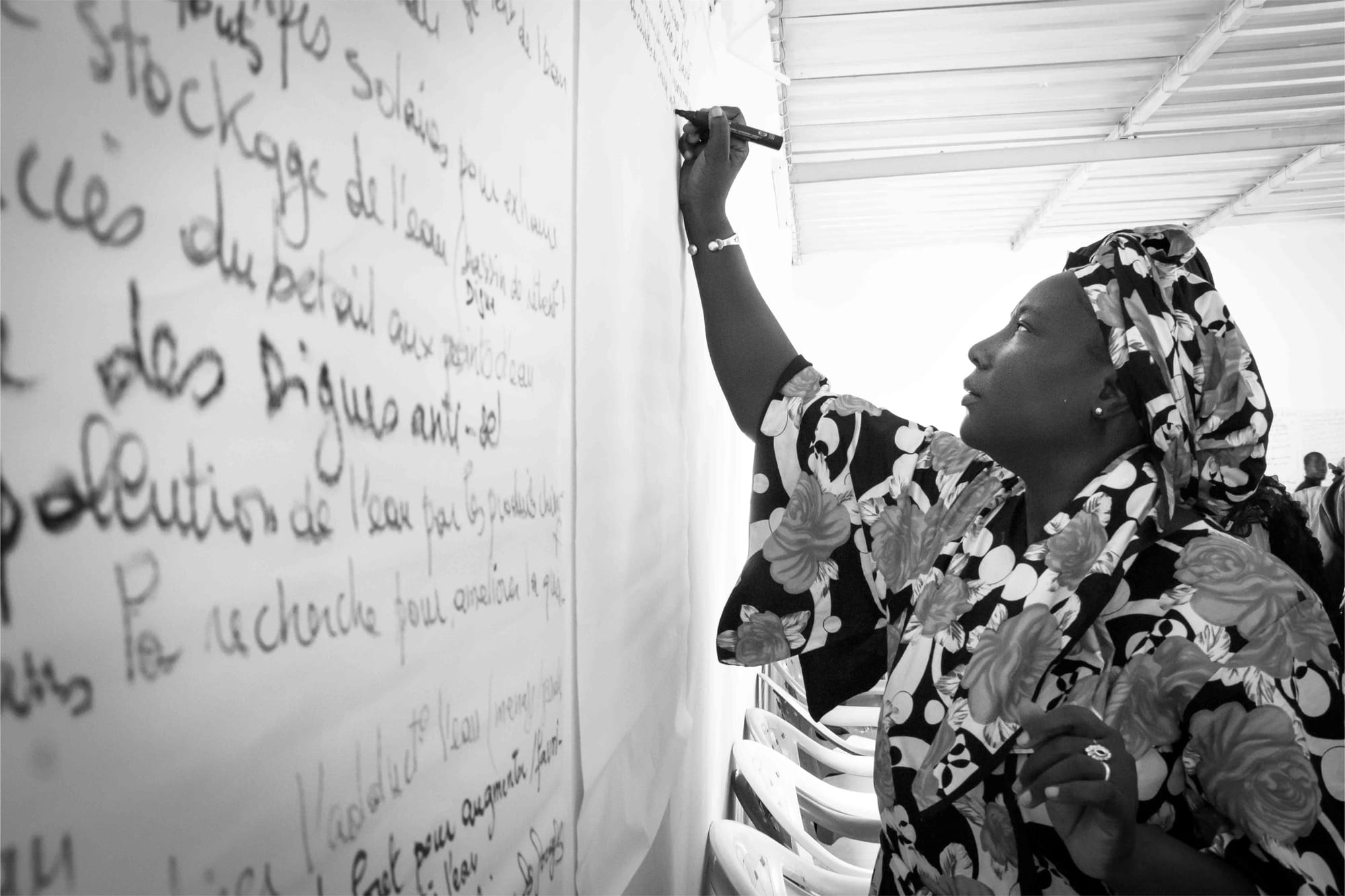
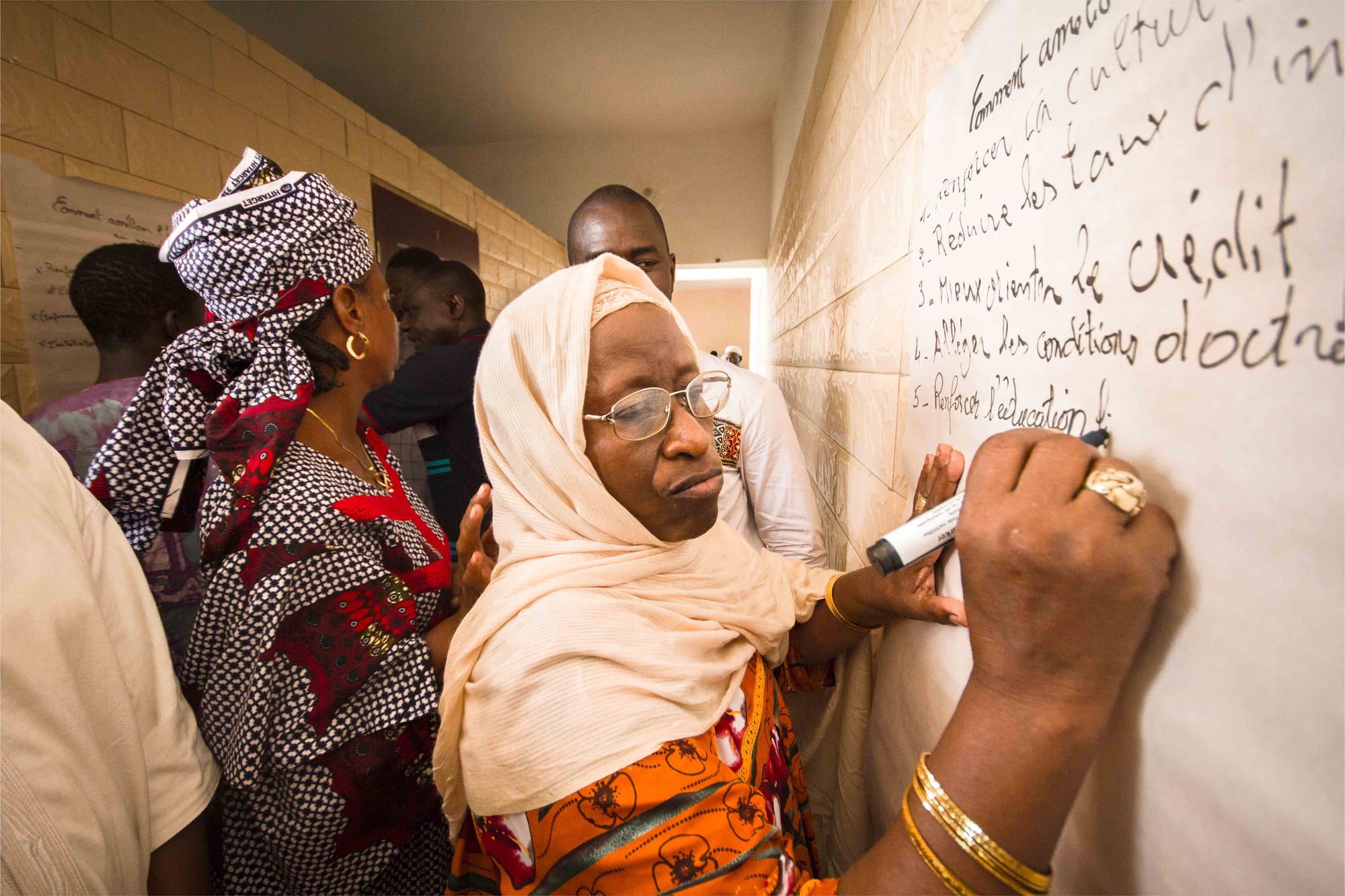
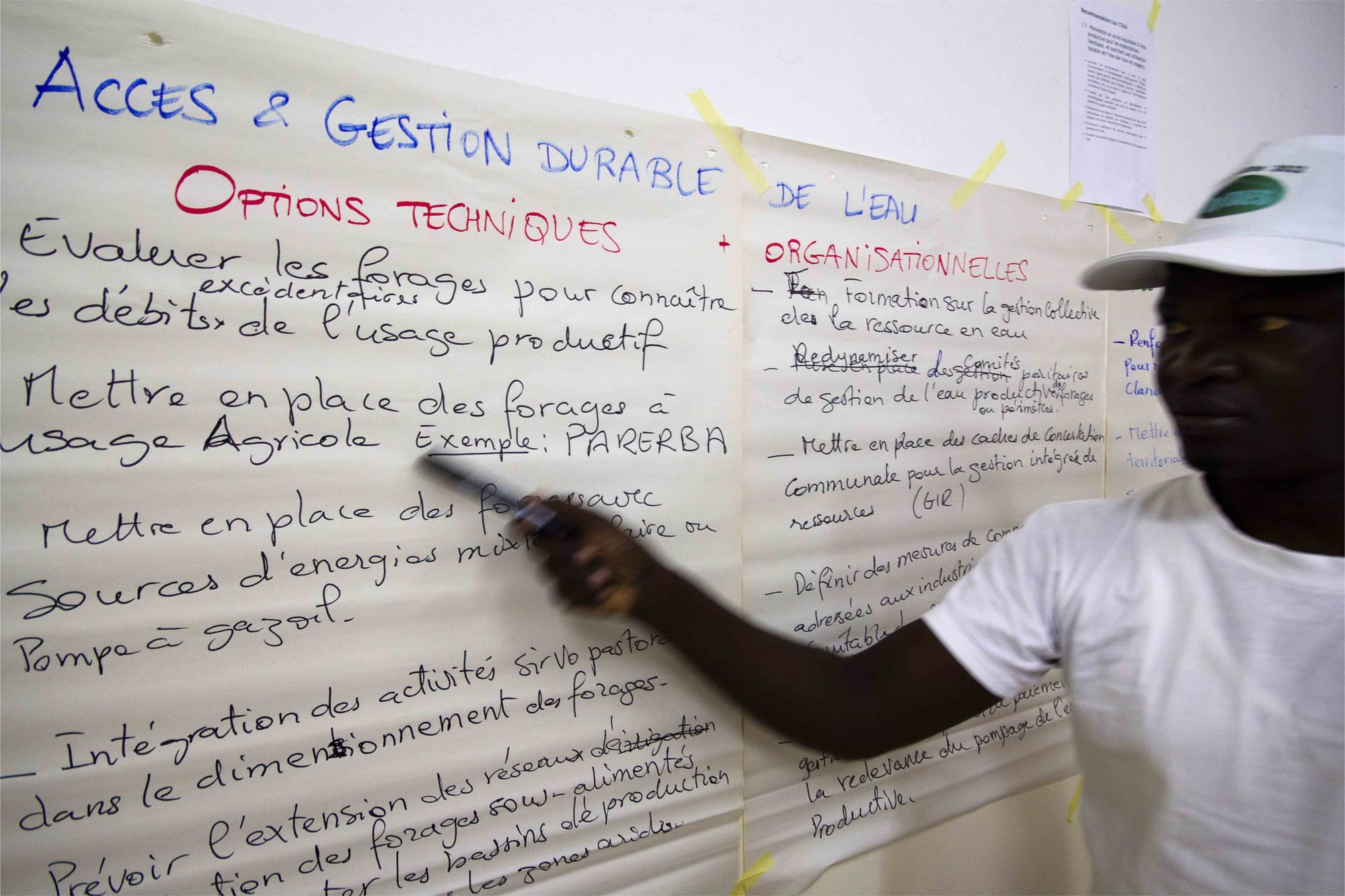
The DyTAES report
The diagnosis and political recommendations resulting from this Caravan initiative were compiled in a report which was symbolically presented to the government of Senegal in February 2020. The DyTAES report has become the common technical, political and ideological bedrock on which DyTAES members have aligned their visions and from which the national political dialogue has been built.
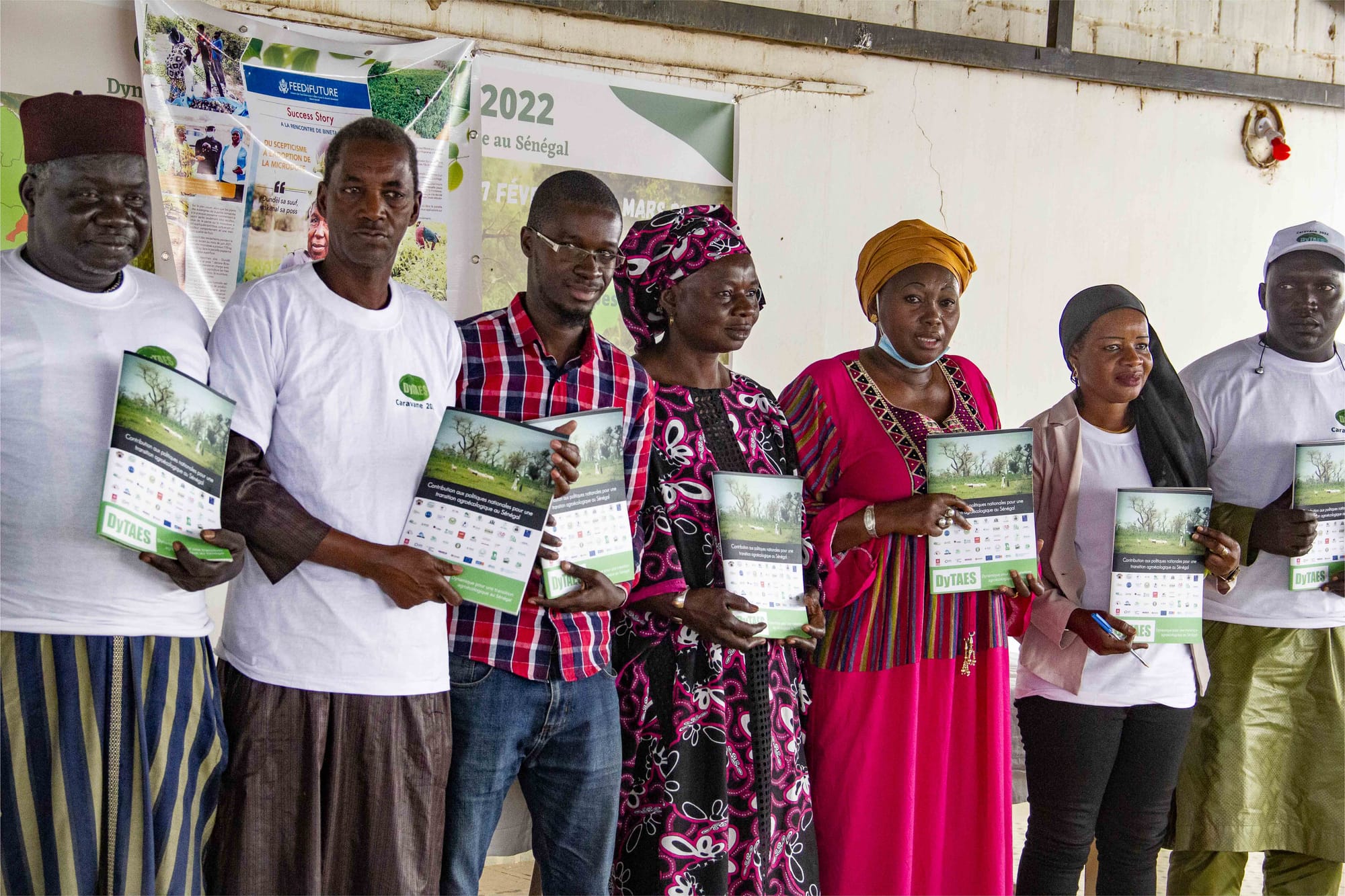
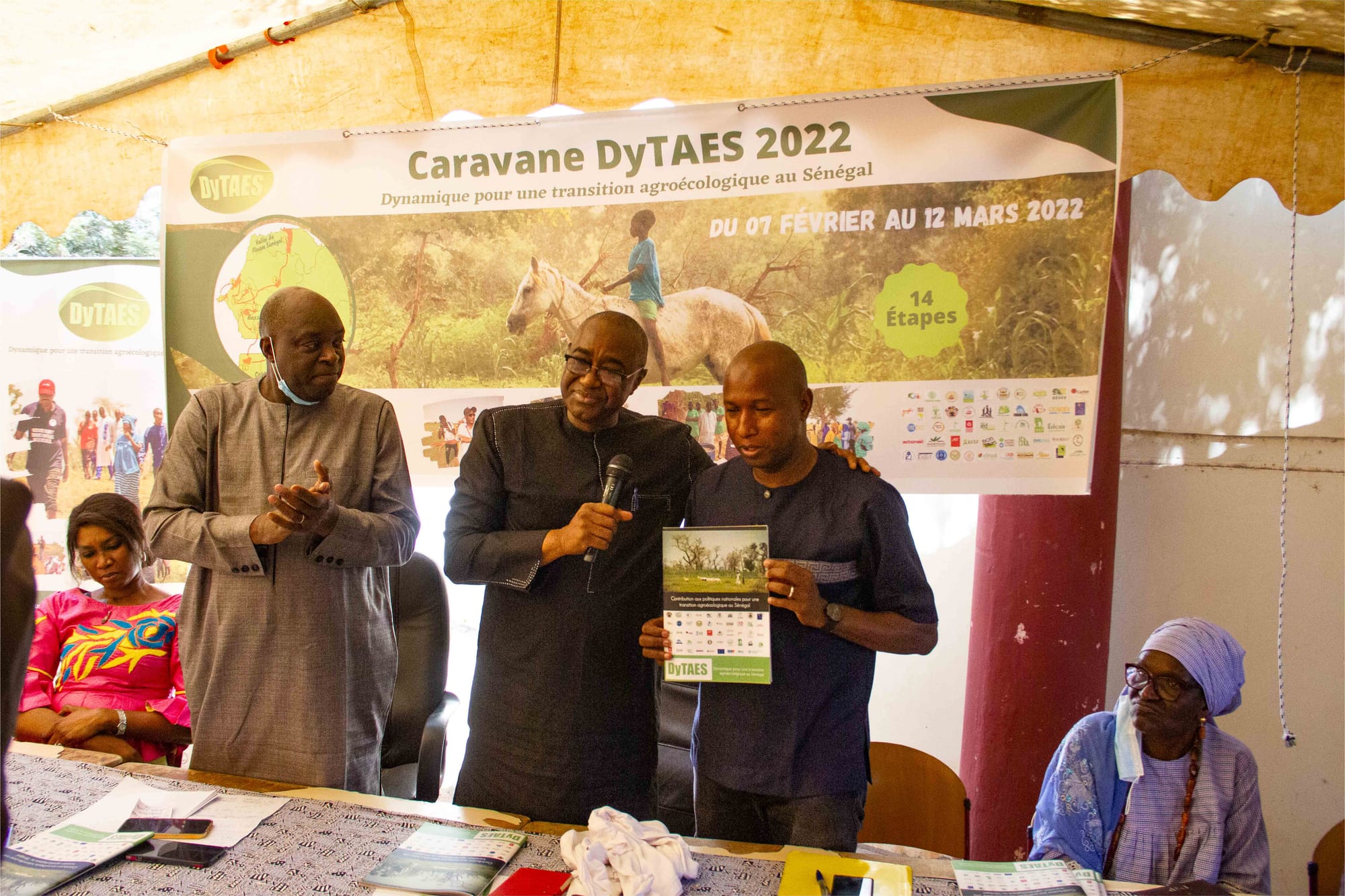
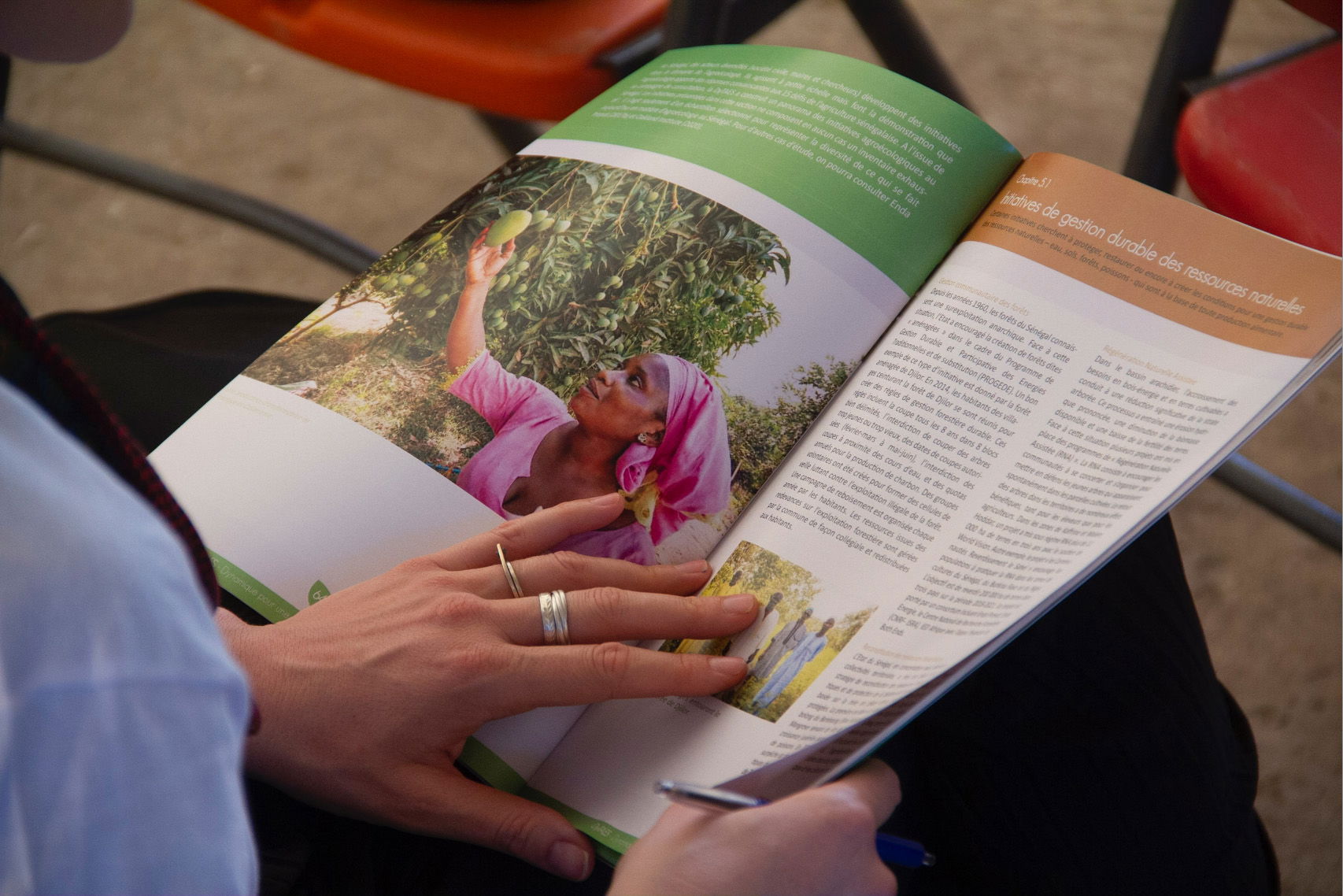
Rise in power
After 2020, the DyTAES experienced a gradual rise in power, visibility and organizational capacities. The coalition conducted a national policy dialogue, through regular meetings with the Ministry of Agriculture and participation in the formulation of the Green PES (“Plan Sénégal Emergent Vert”).
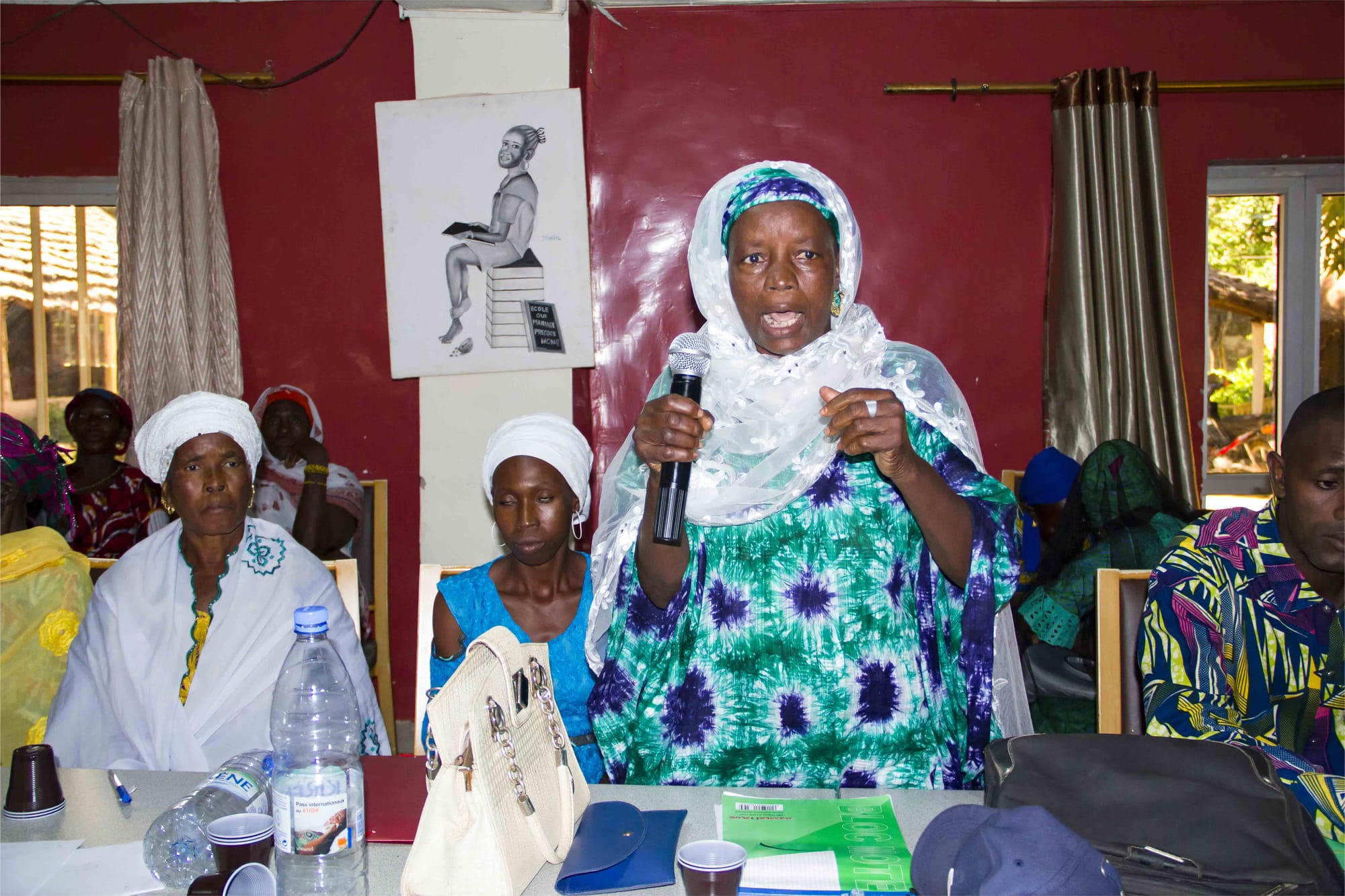
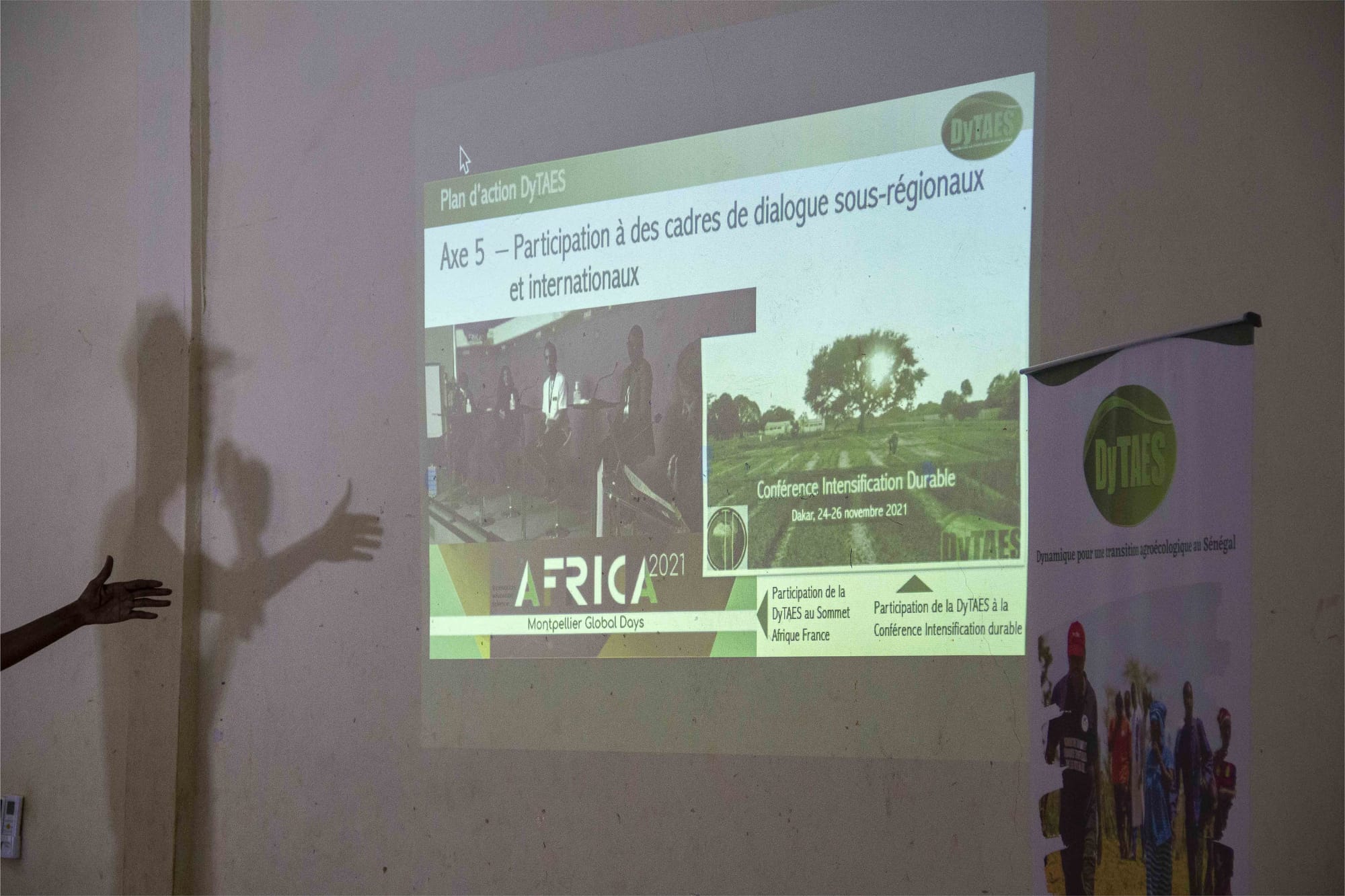
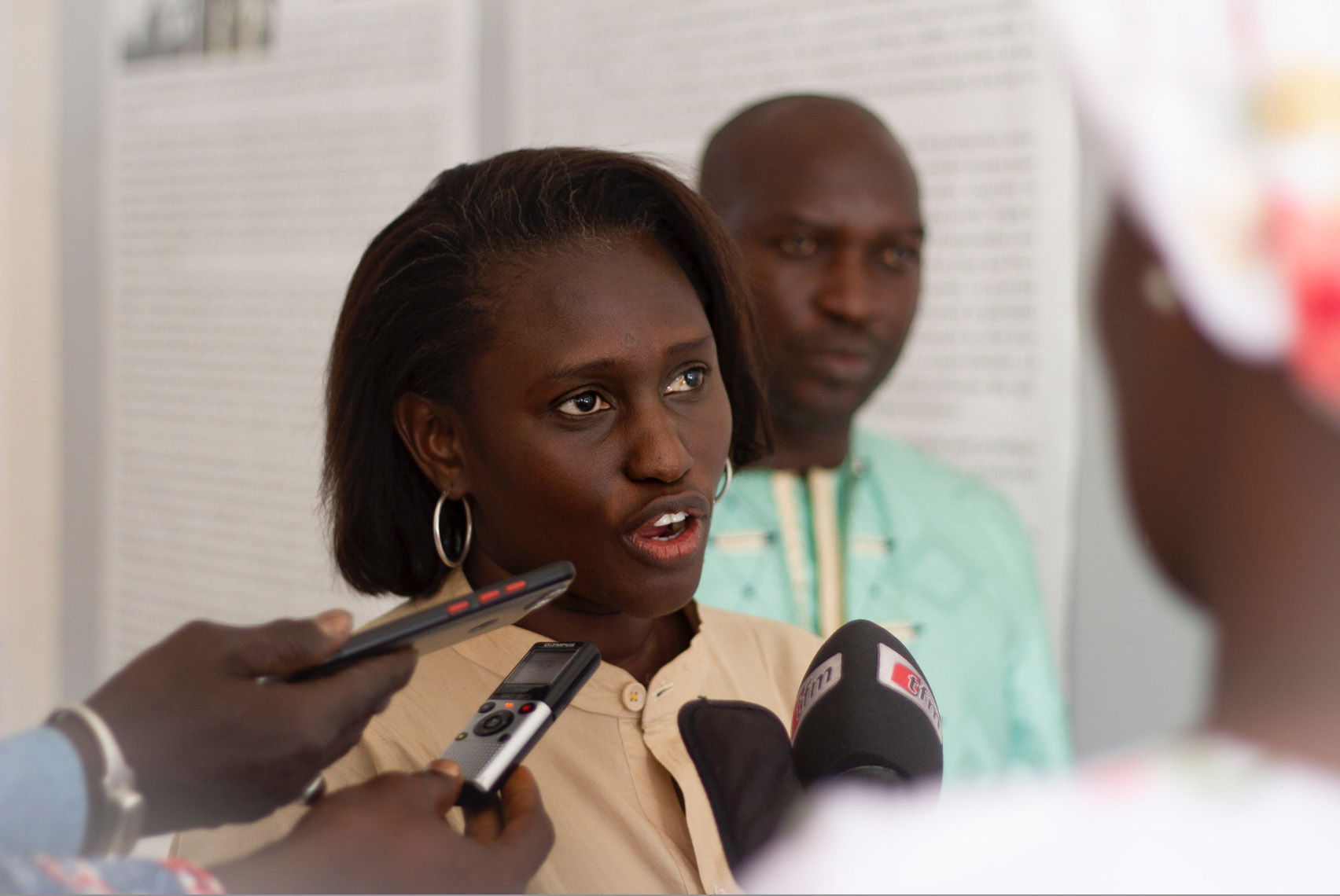
The governance of DyTAES
The DyTAES alliance is not backed by a formal legal structure: it operates by pooling the human and financial resources of its members. The functioning of DyTAES is framed by a steering committee (decision-making role), a technical committee (operational role) and a general assembly. International research cooperation actors play an important role in the life of DyTAES
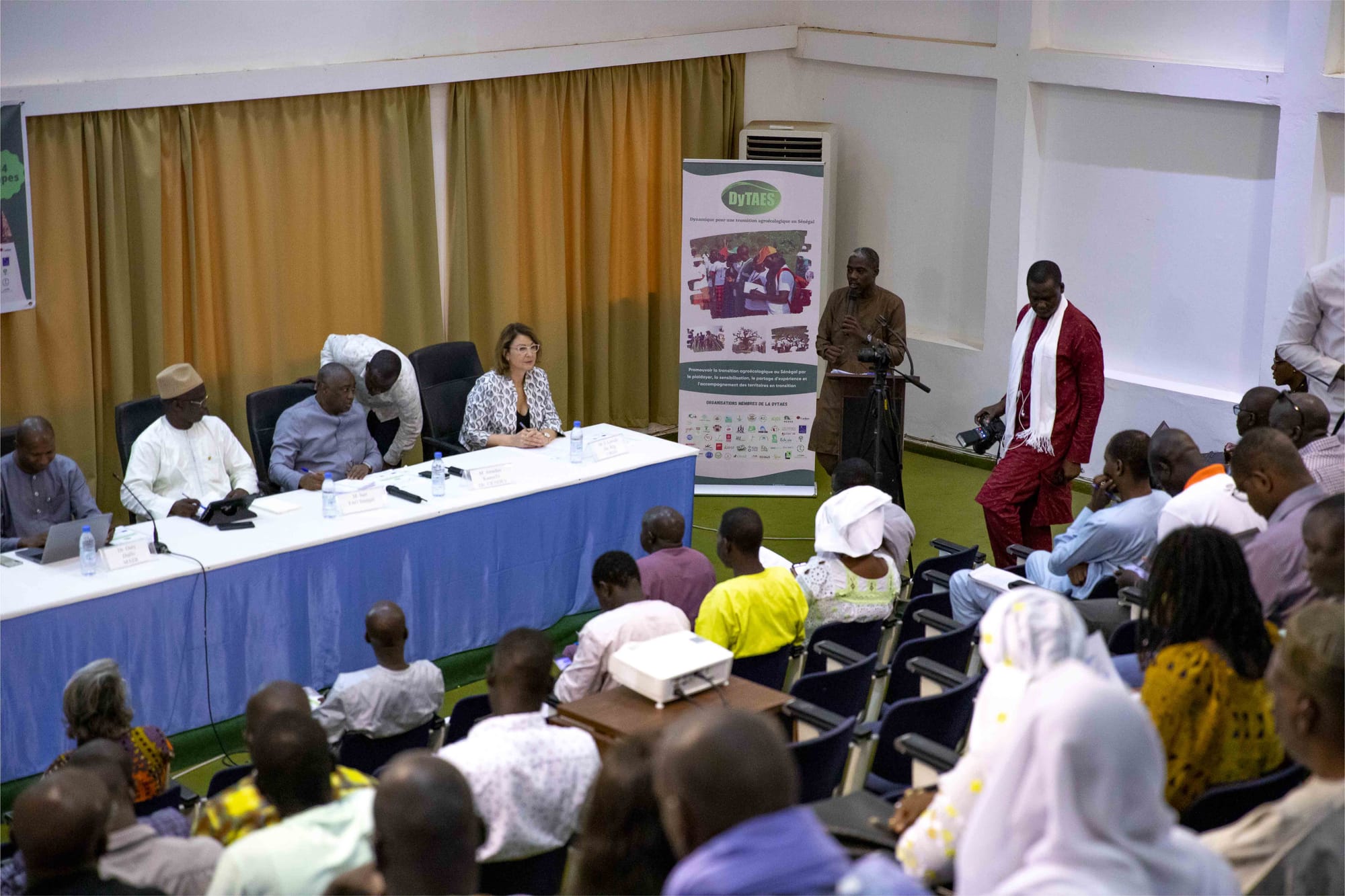
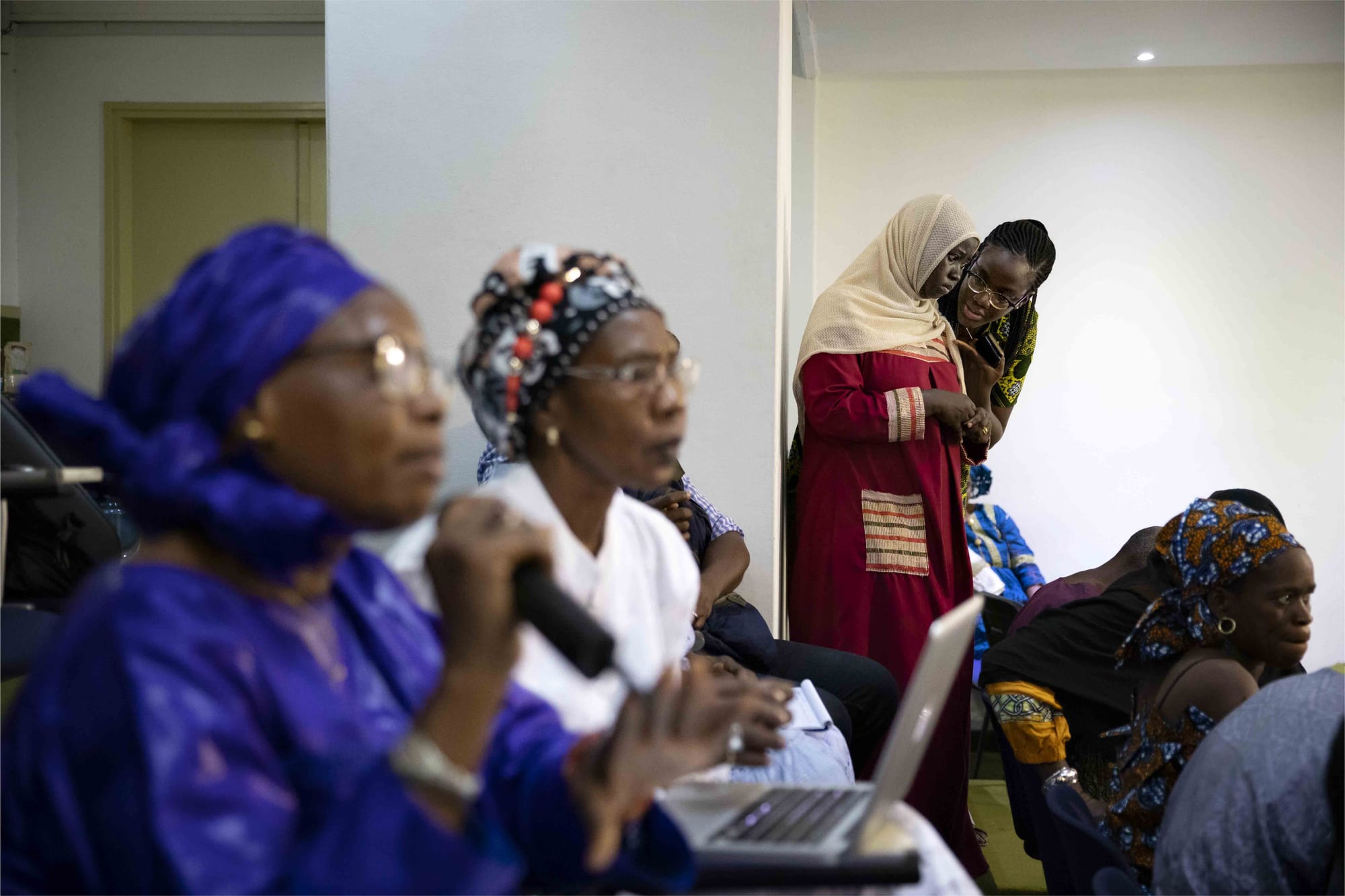
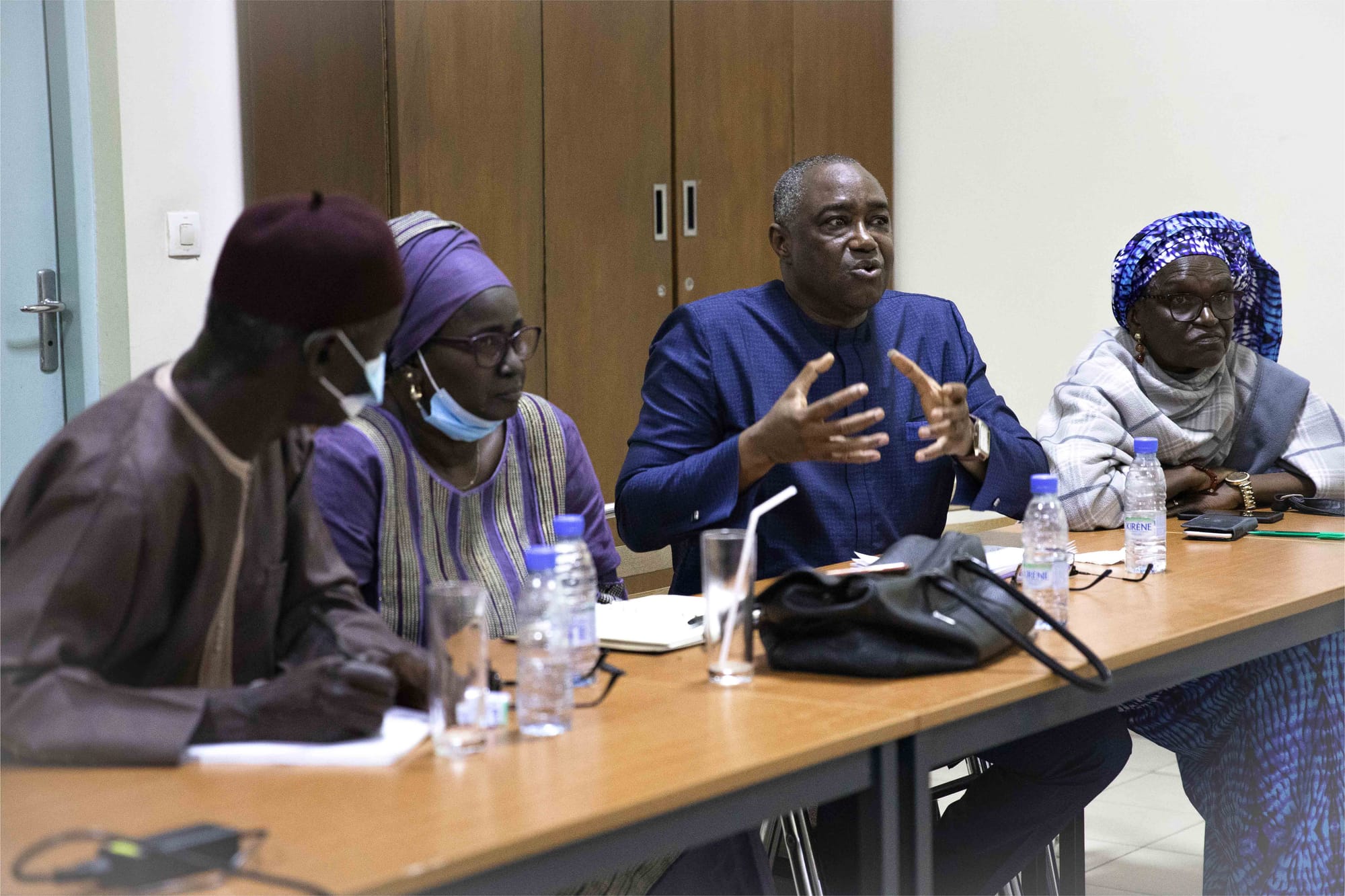
On the roads again
In early 2022, DyTAES launched a new Caravan across Senegal with the aim of opening a new round of political dialogue, while supporting the structuring process of local version of DyTAES across territories.
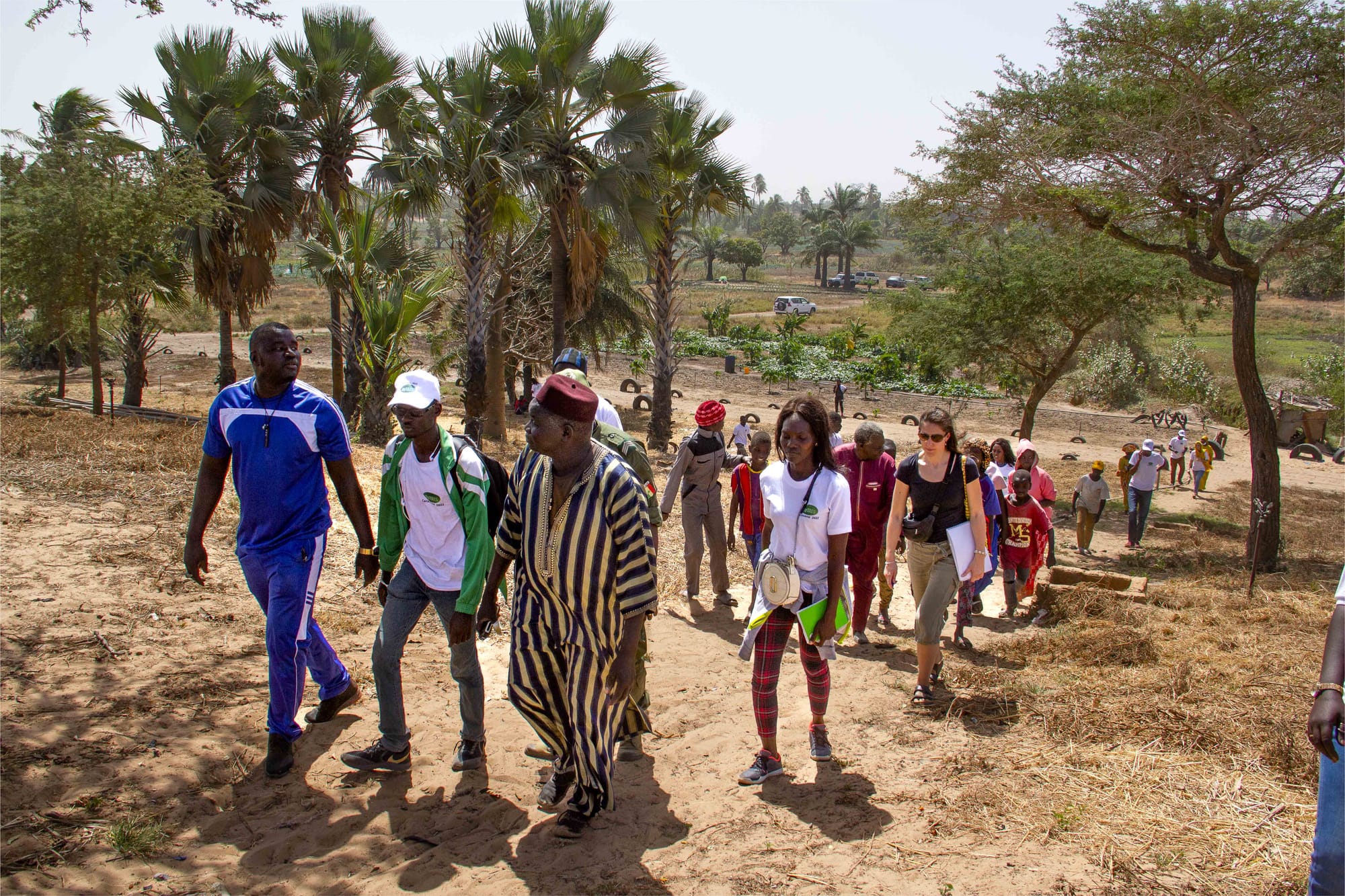
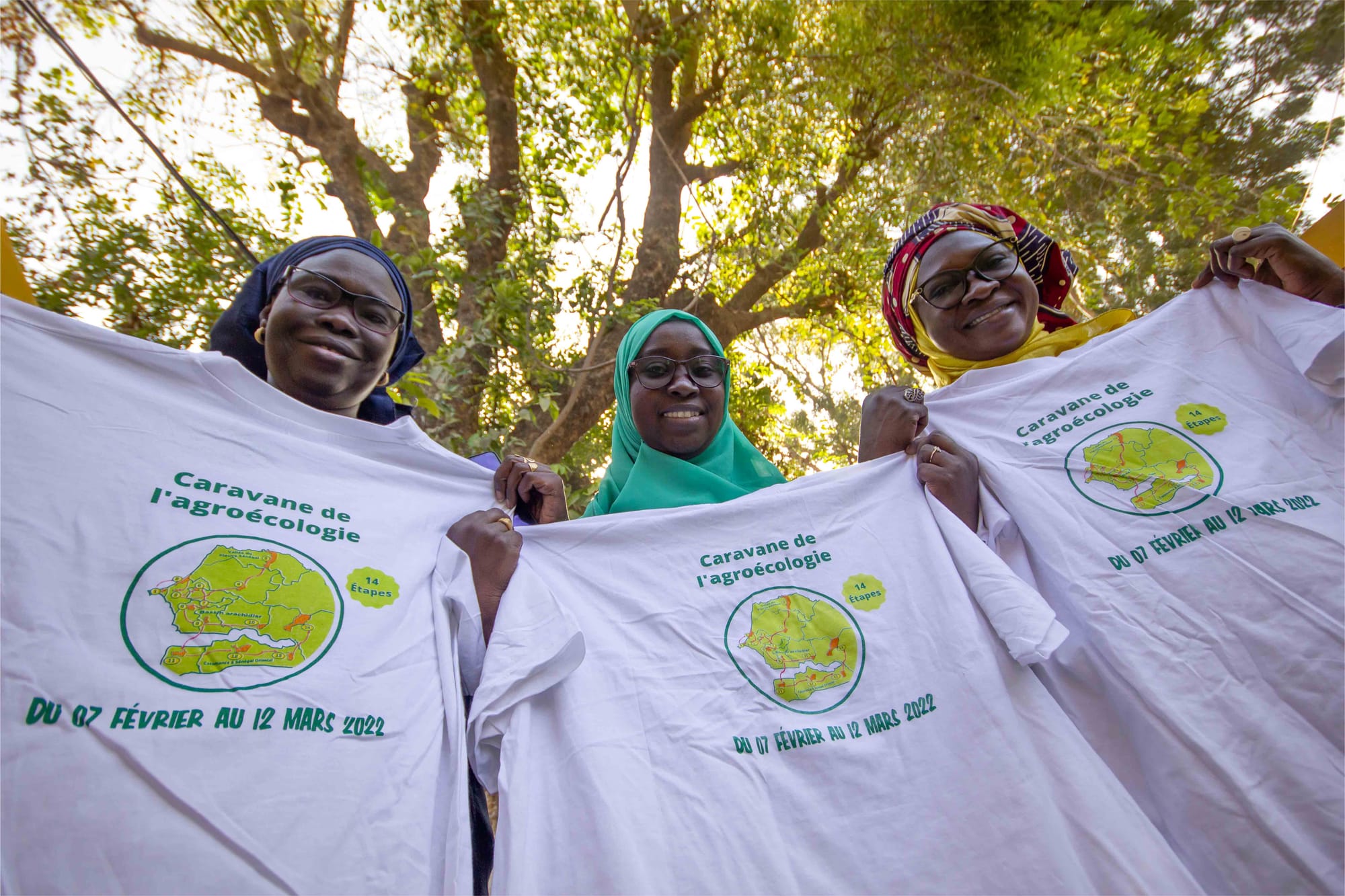
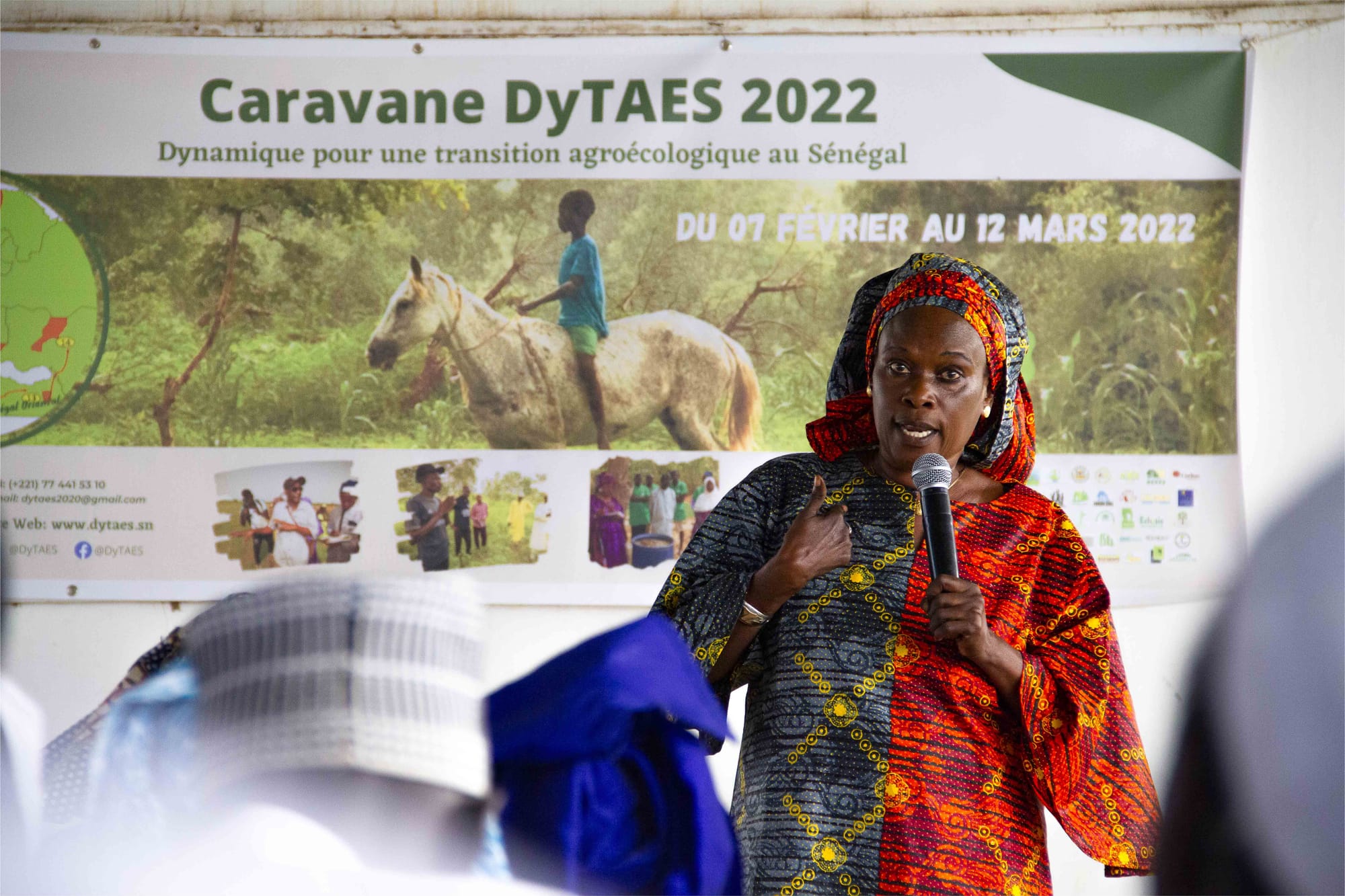
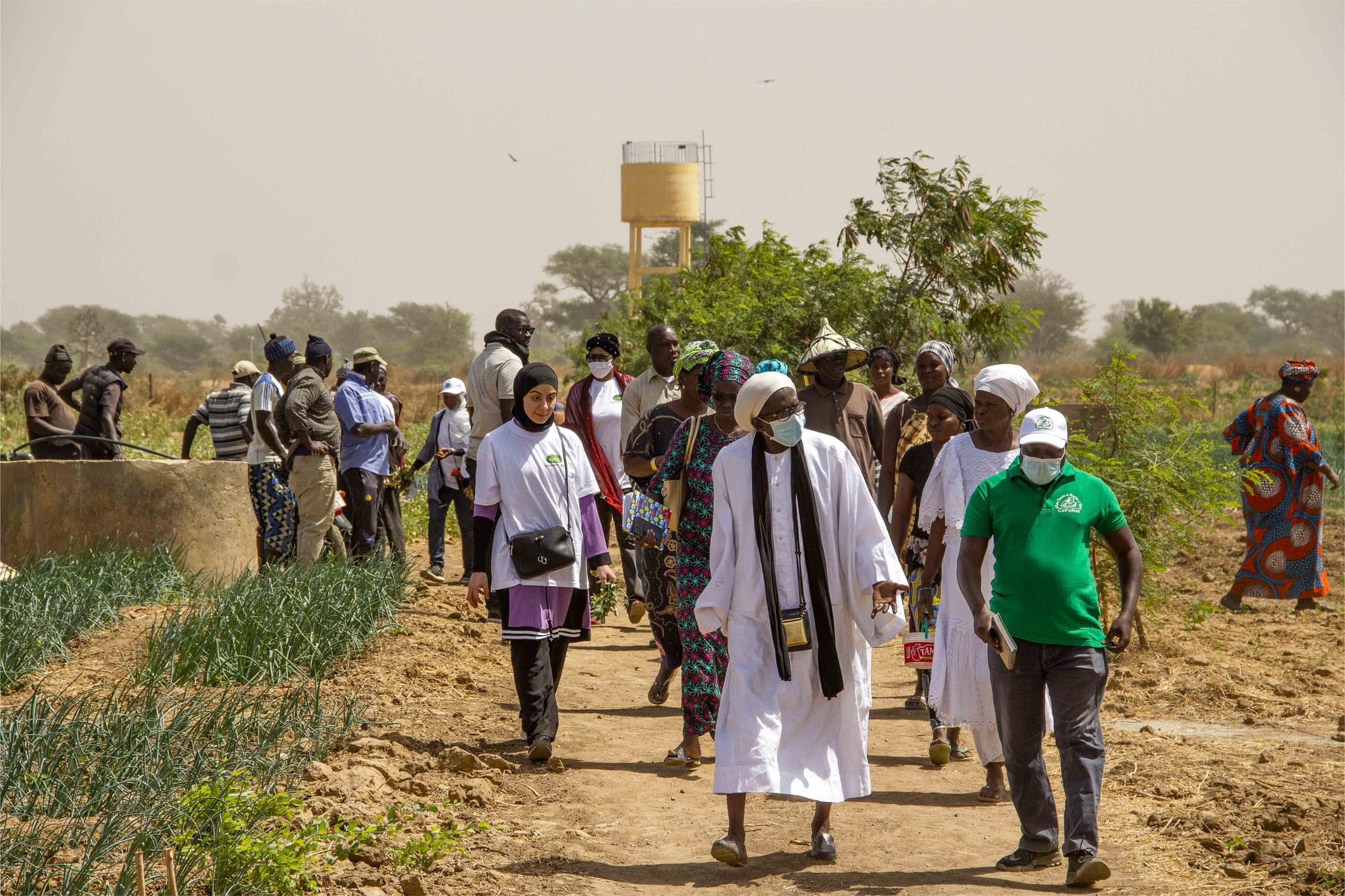
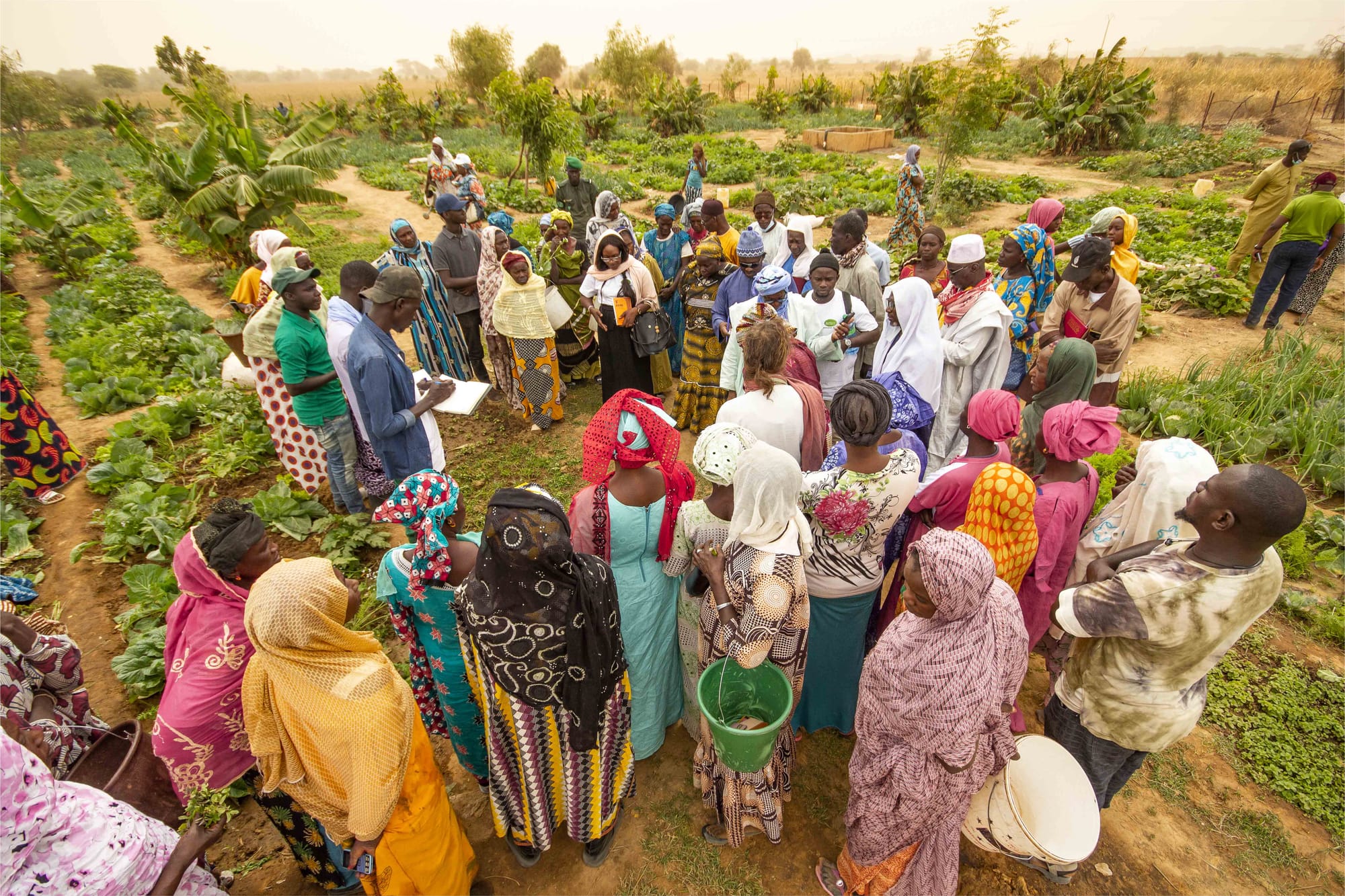
Supporting territories in transition
In 2021-22, local versions of DyTAES were built in the territories of Senegal, also called DyTAELs. The DyTAELs are platforms for local political dialogue, territorial planning, experimentation, collective learning and synergy between the agroecological initiatives present in a territory. In a context where deep political reforms are slow to take place, DyTAELs were designed to demonstrate that the agroecological transition is possible at the scale of pilot territories. The last caravan gave a boost to several localities.
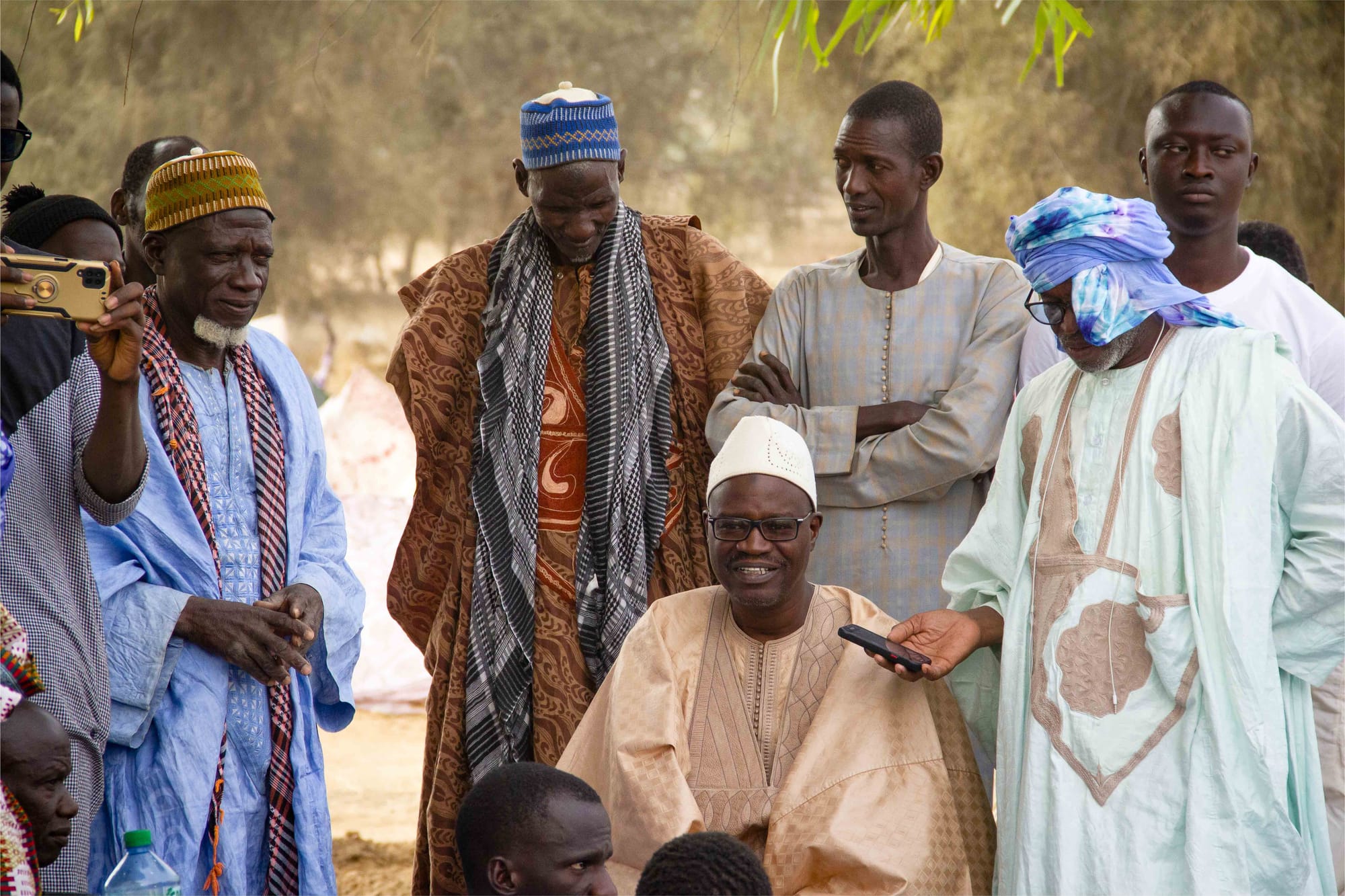
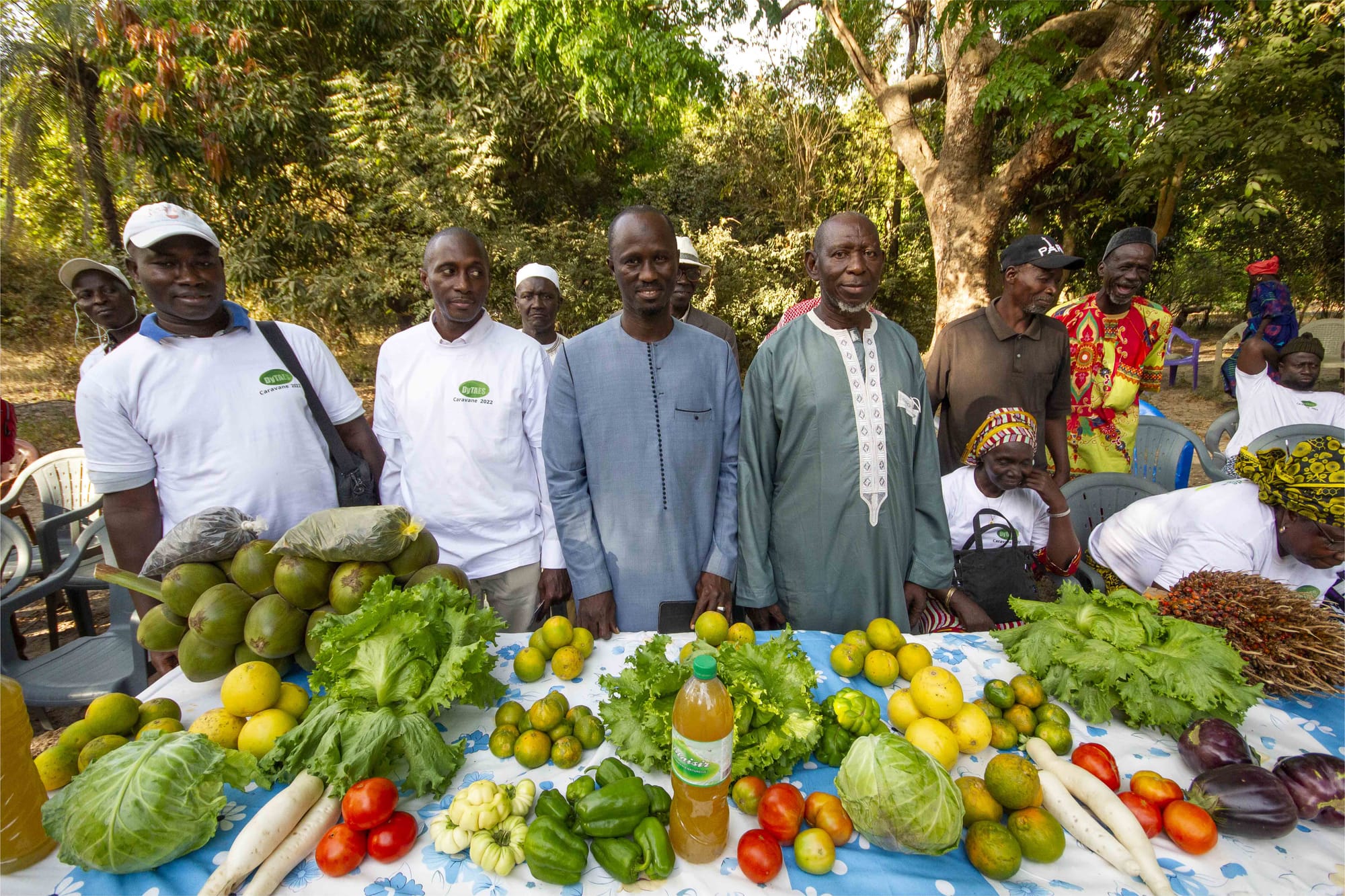
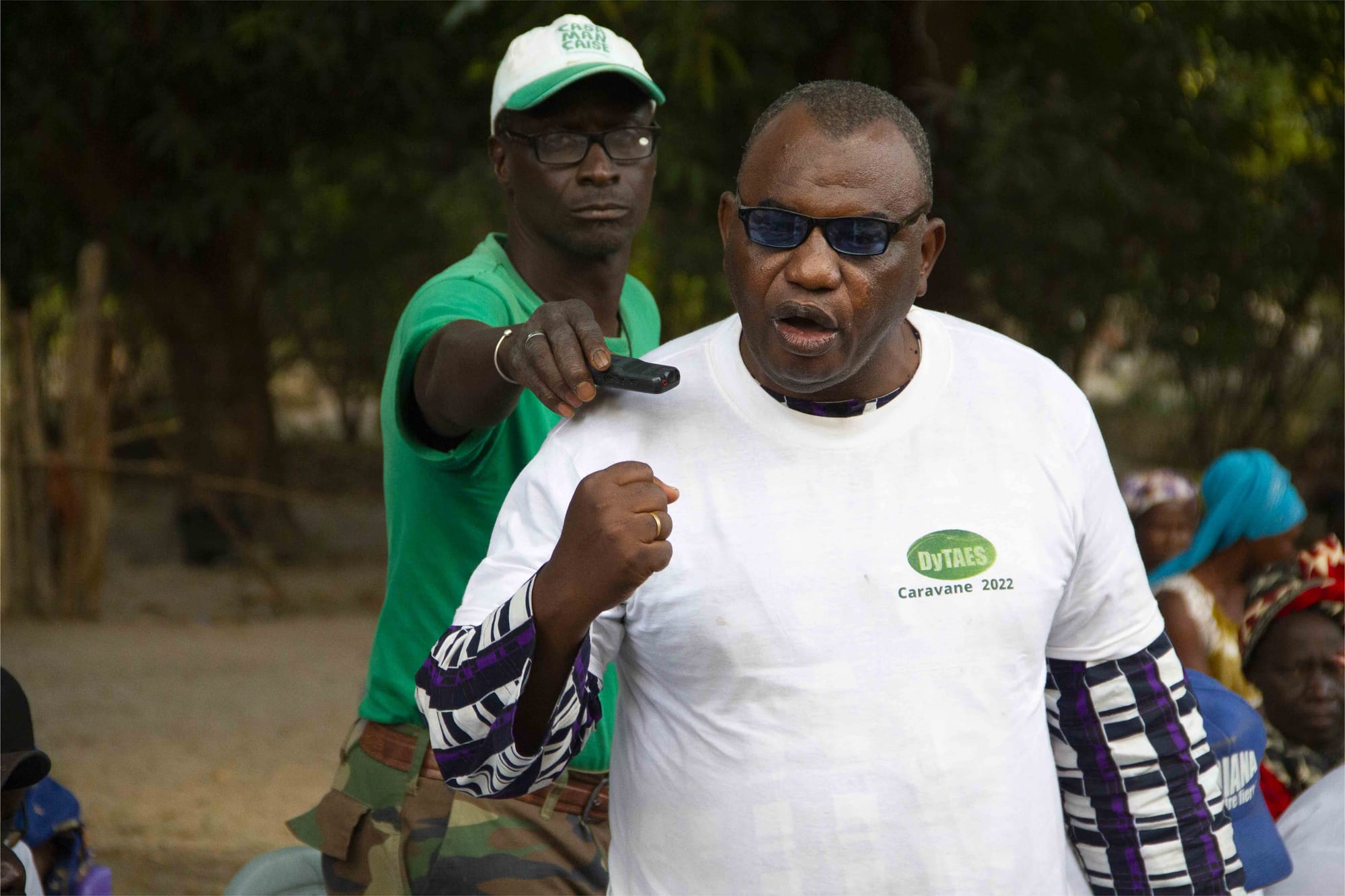
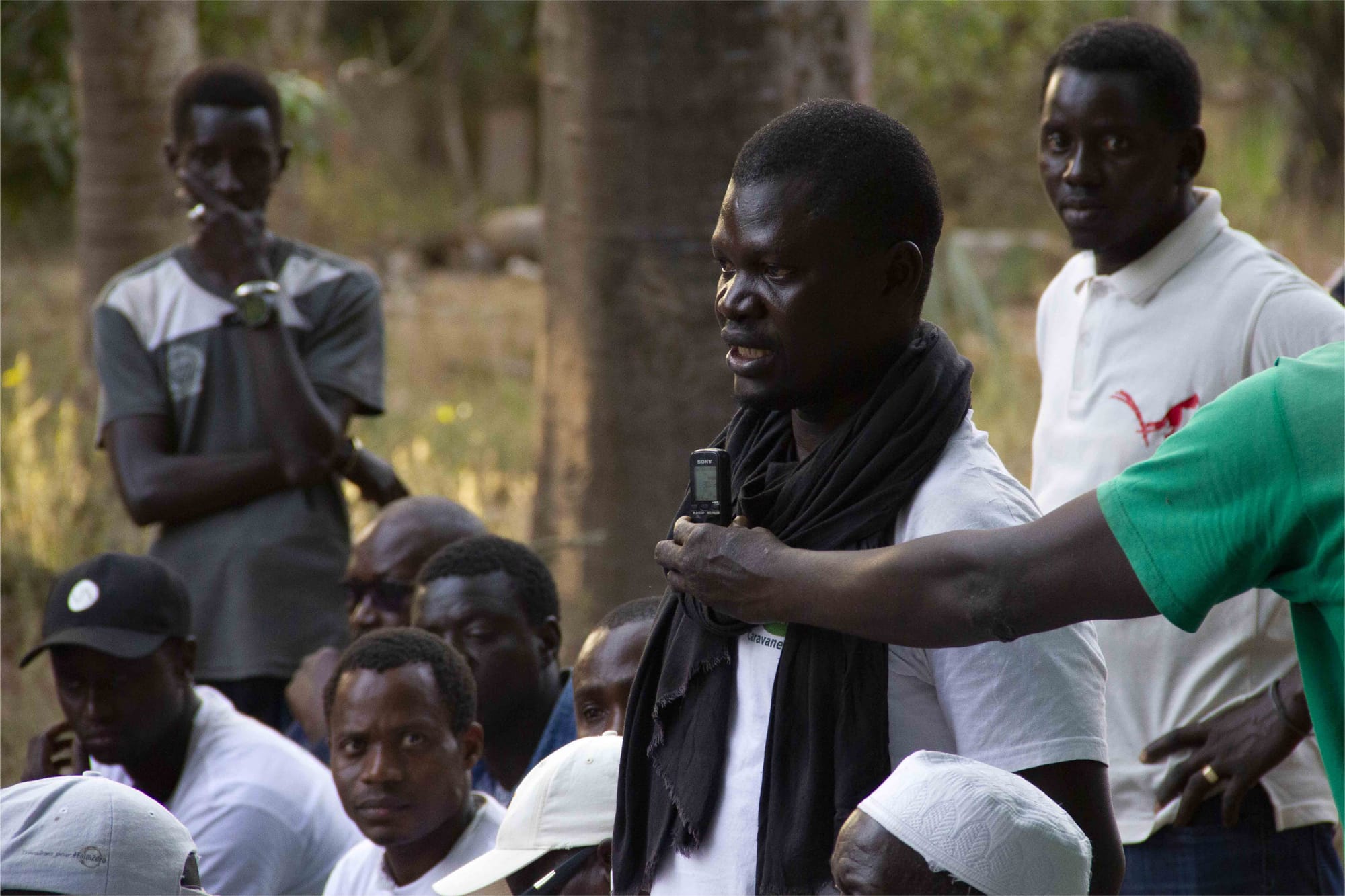
A showcase for Senegalese agroecology.
The latest DyTAES caravan has received a lot of media attention, raising public awareness about agroecology. Behind this, the DyTAES communication unit works to make the actions of the DyTAES and its members visible through public events and various media (Facebook, Twitter, website, quarterly newsletter, TV programmes). The team brings together the communication officers of the various member organisations.
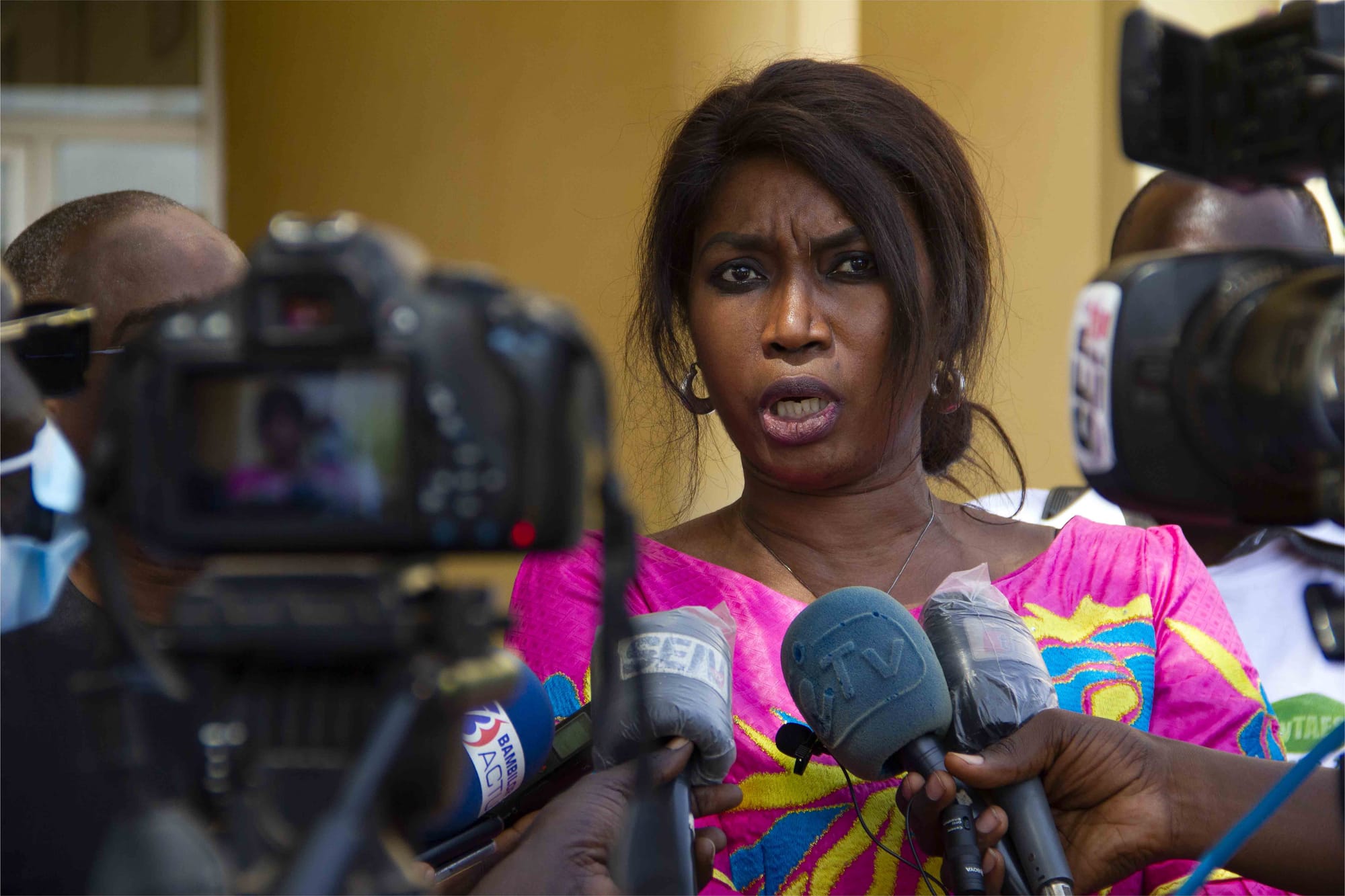
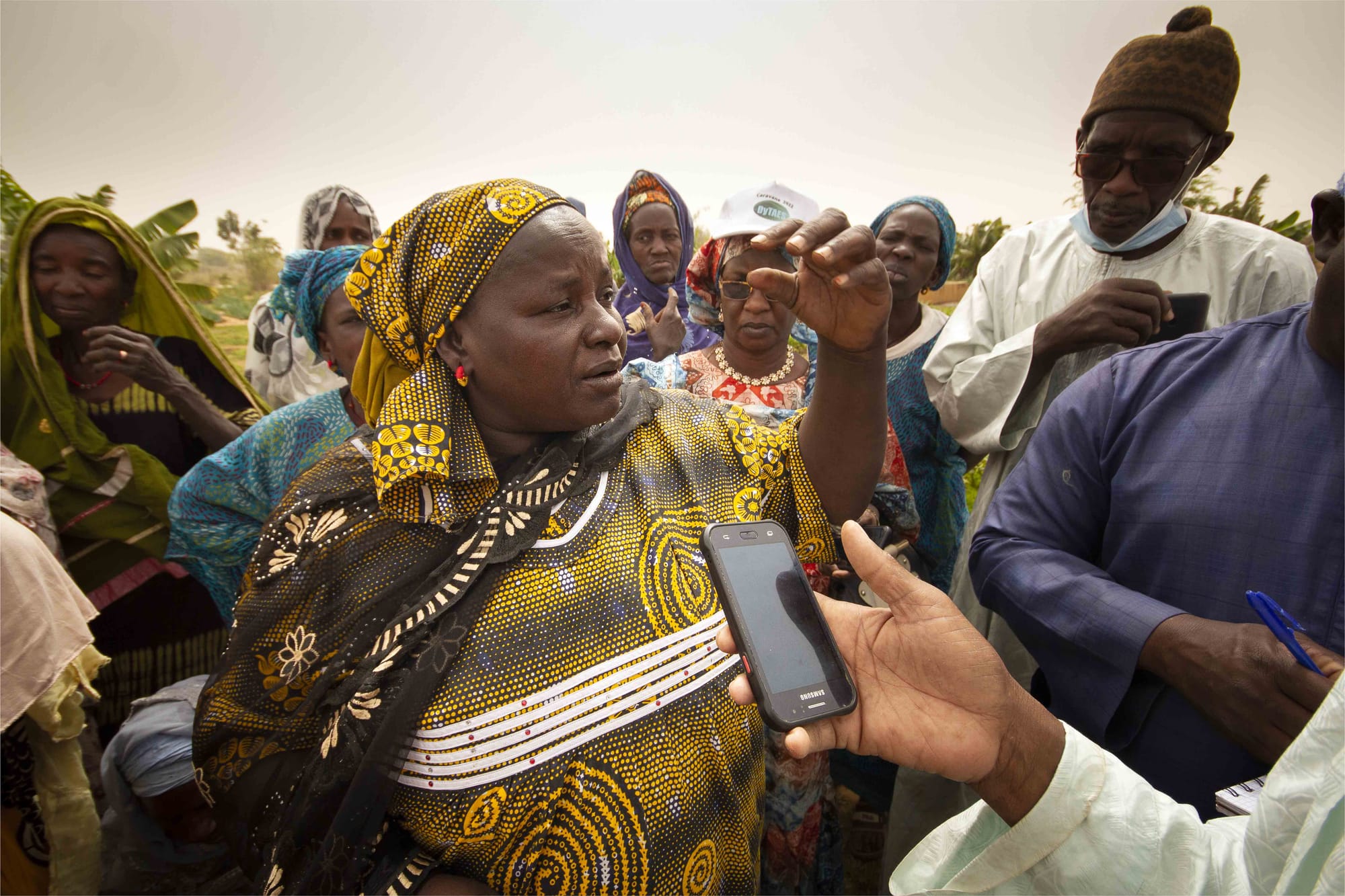
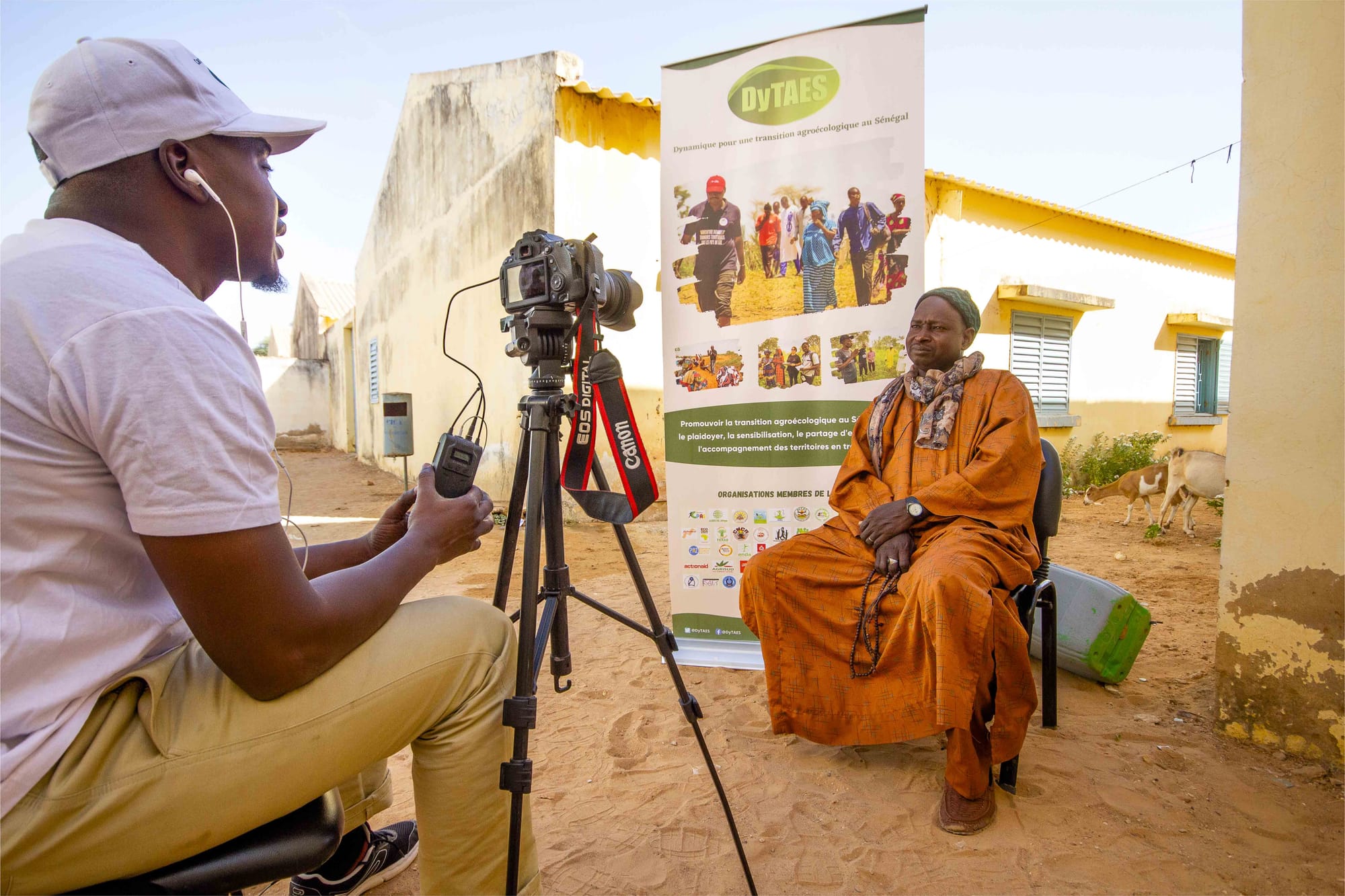
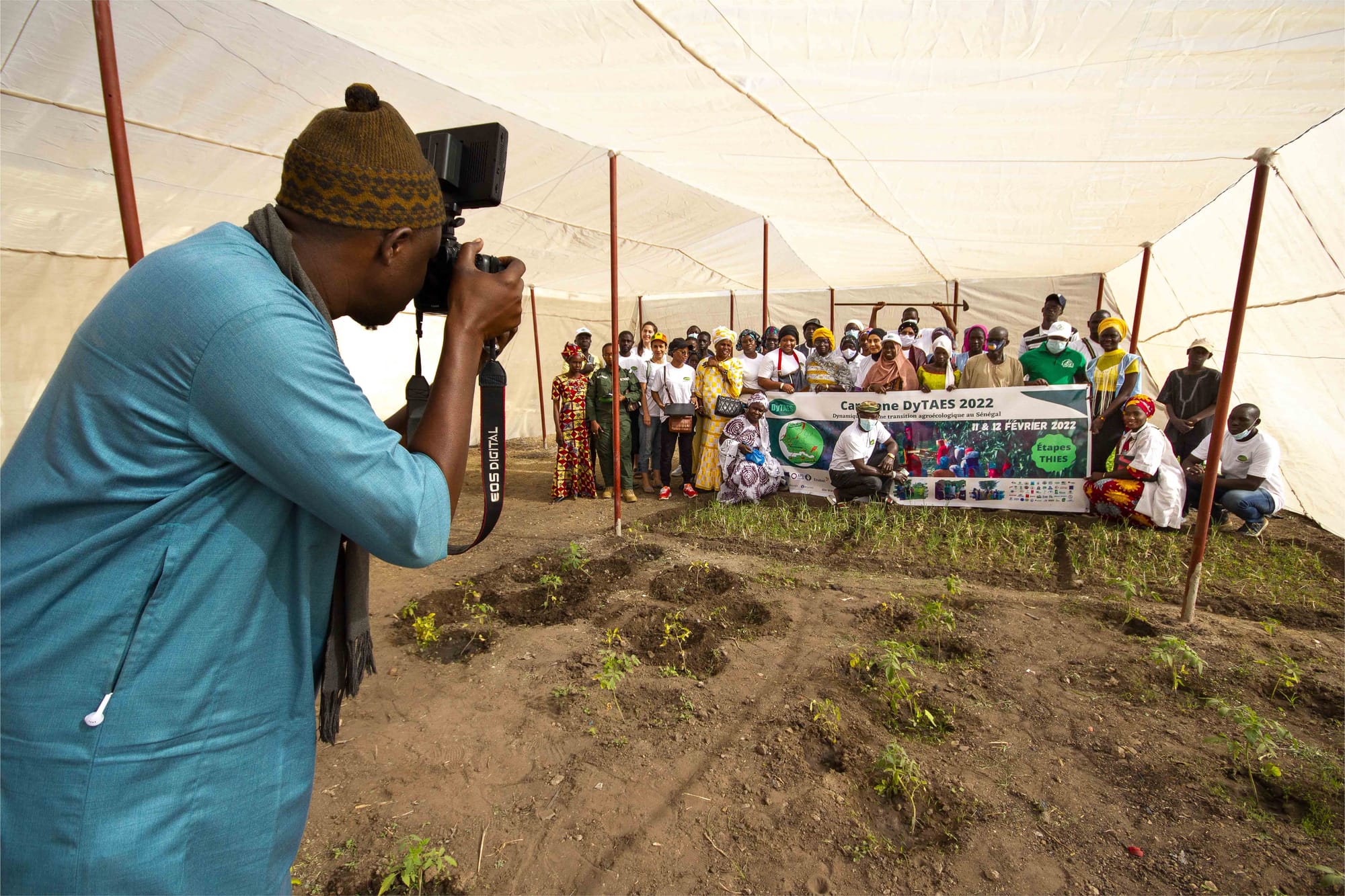
A voice for Senegalese agroecology
Mariam Sow is undoubtedly the greatest spokesperson for Senegalese agroecology. Her fight began in the 1970s and has resulted in DyTAES having a voice in the highest international authorities.
